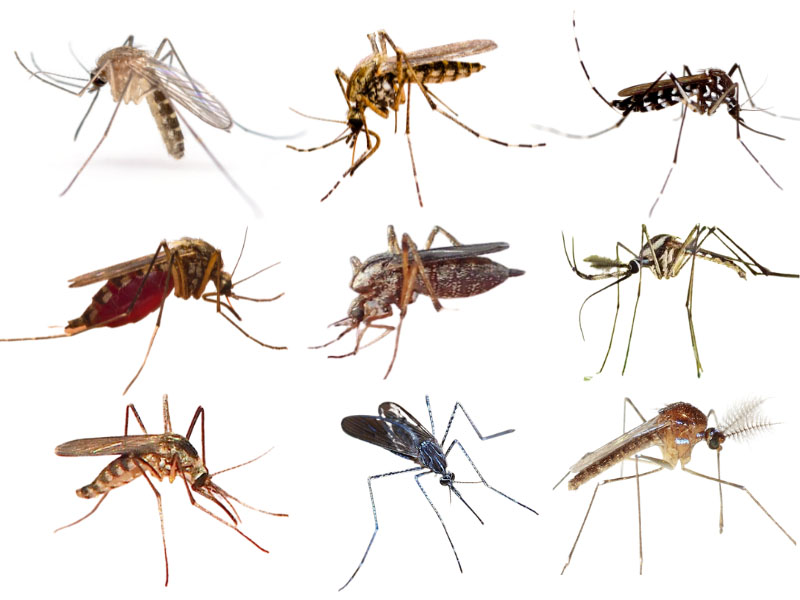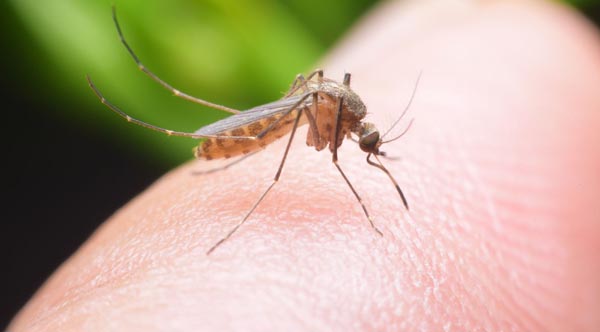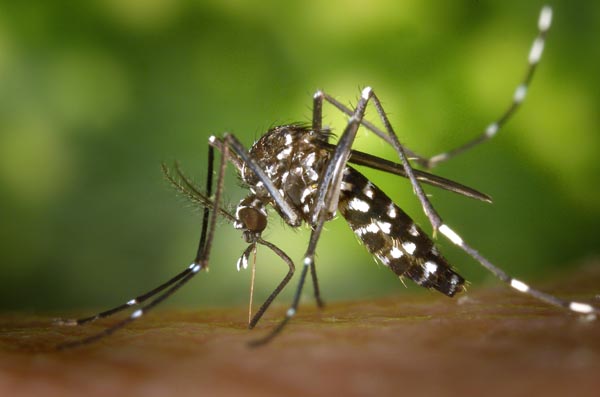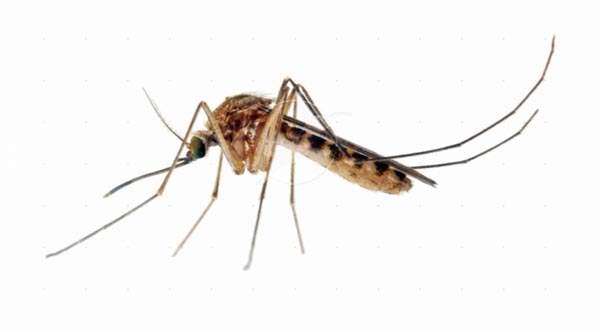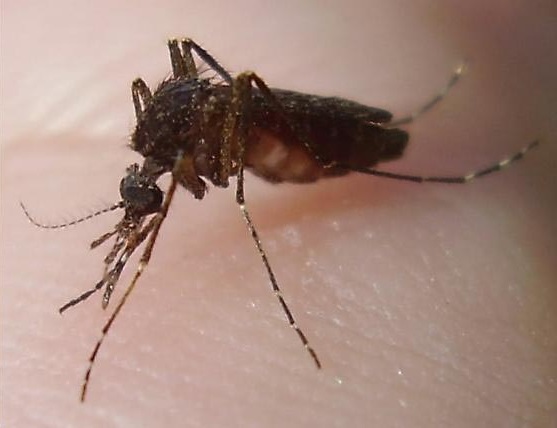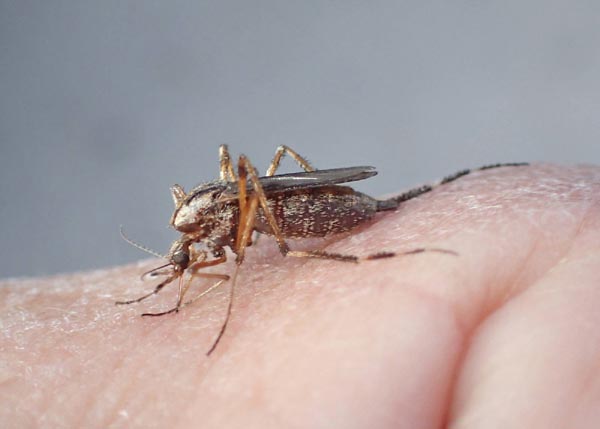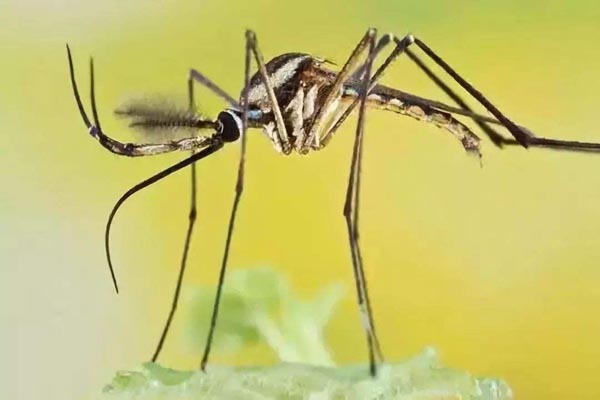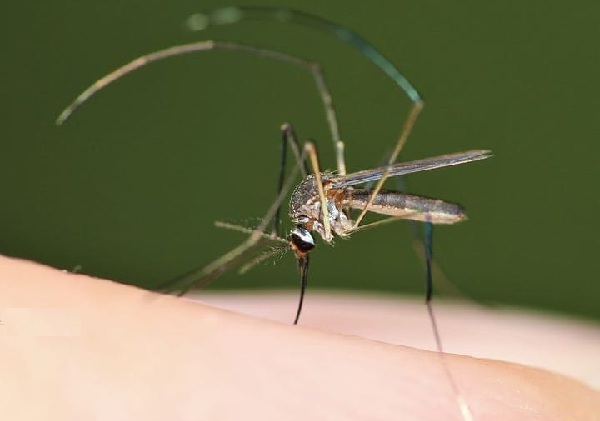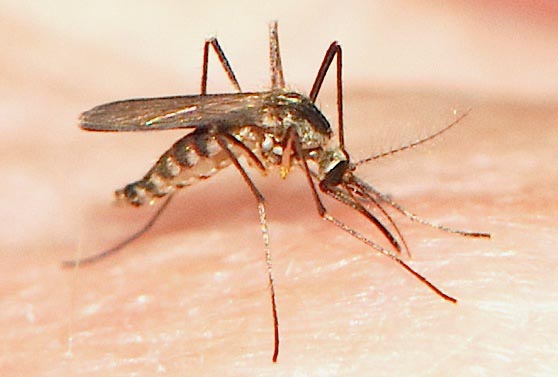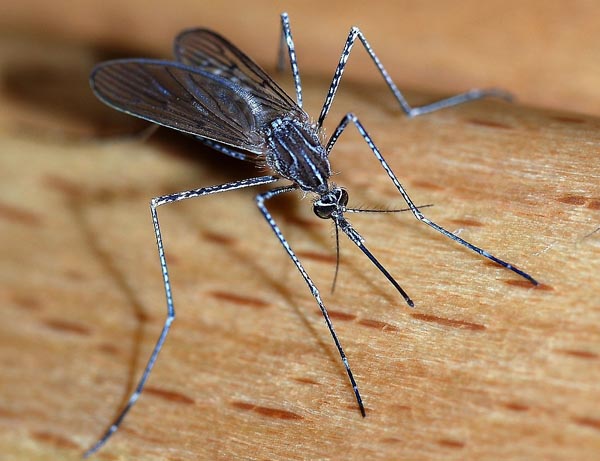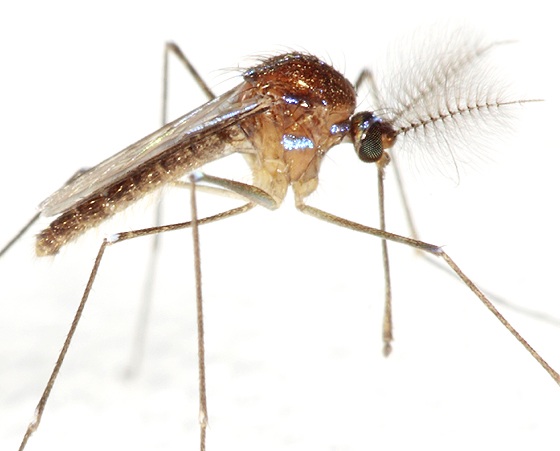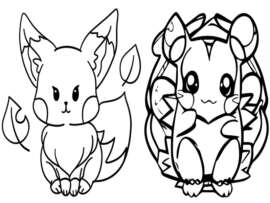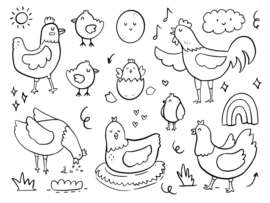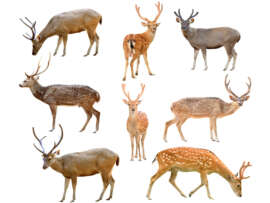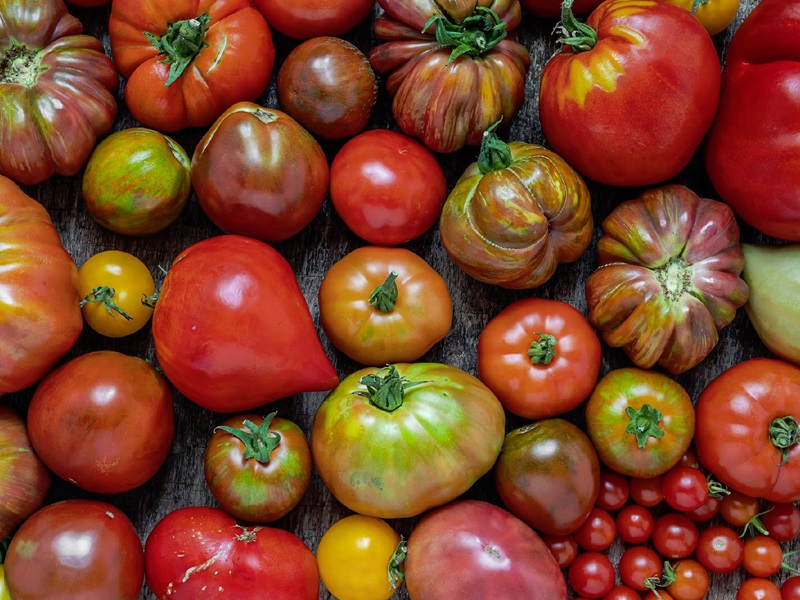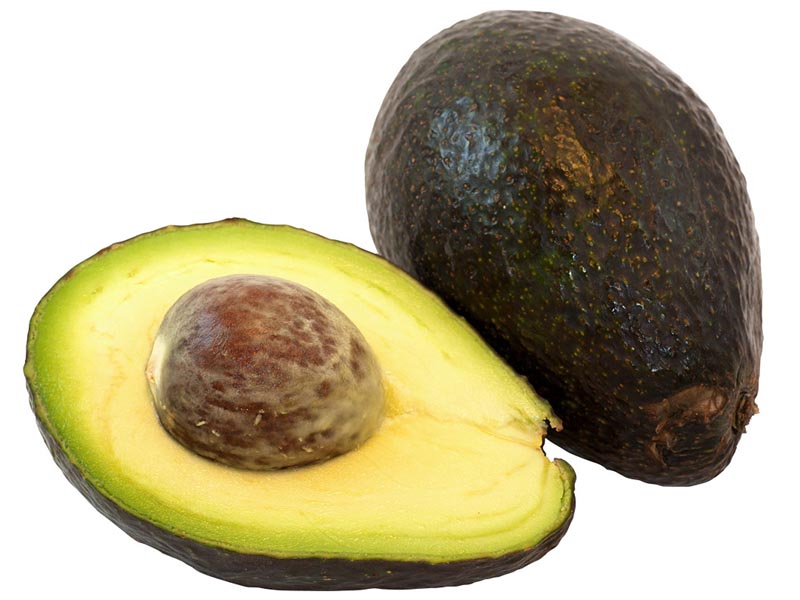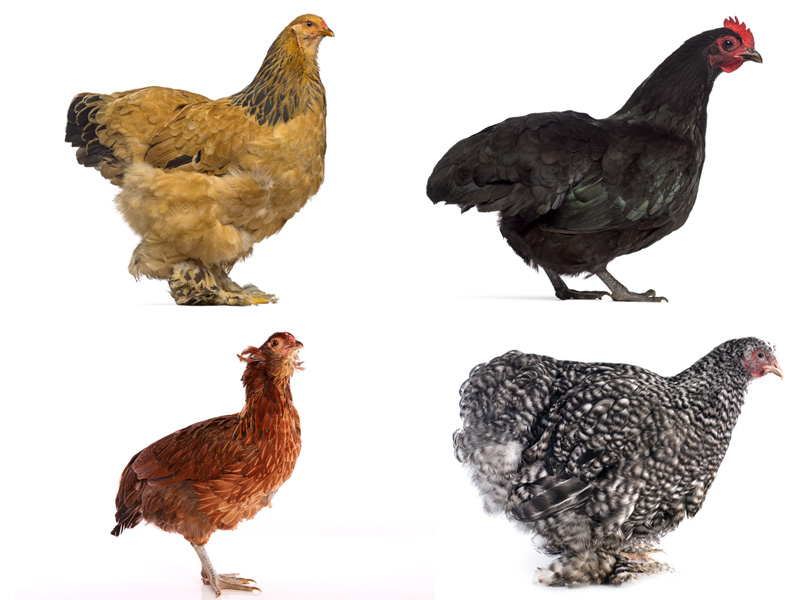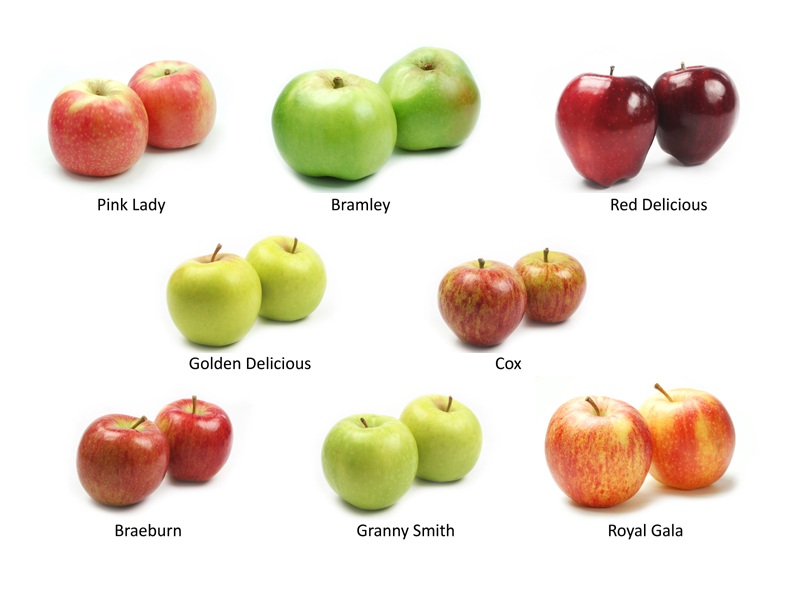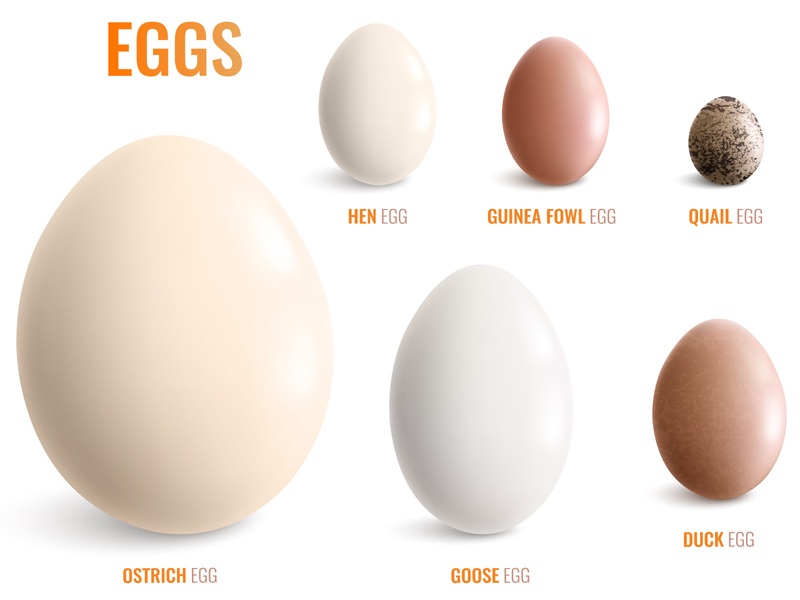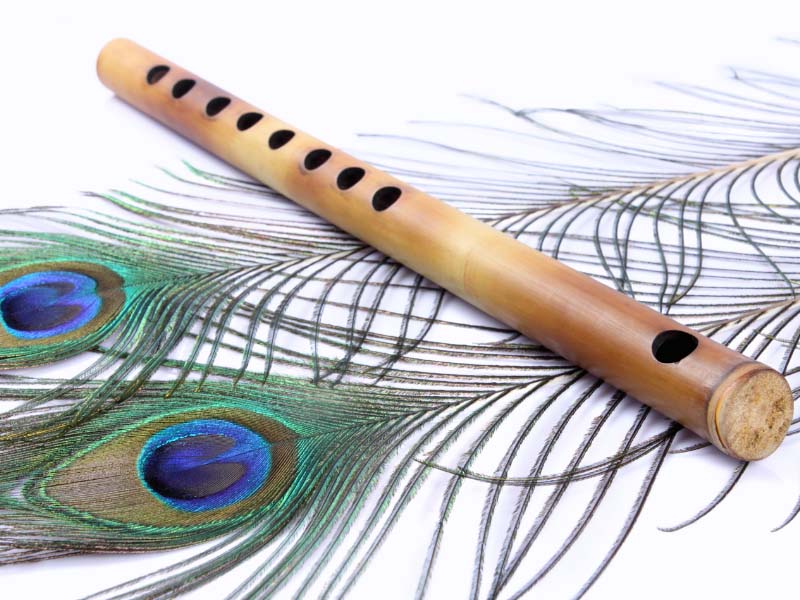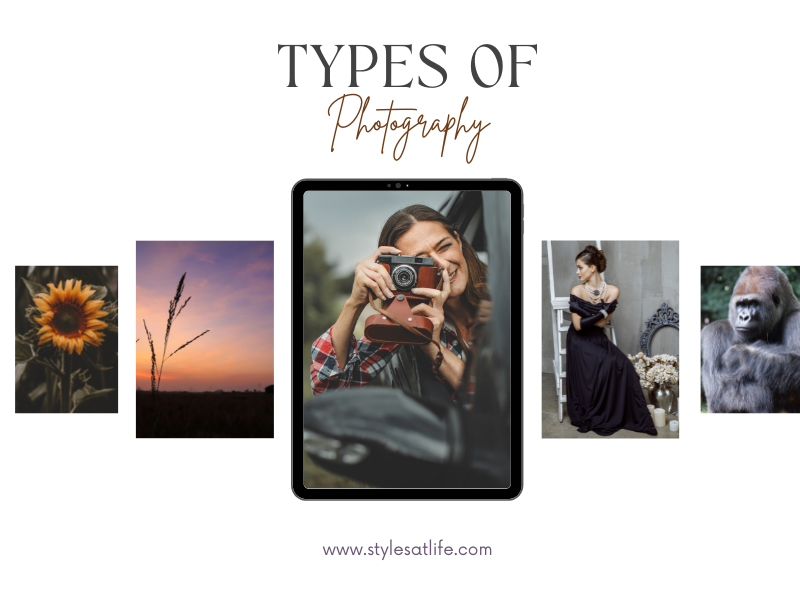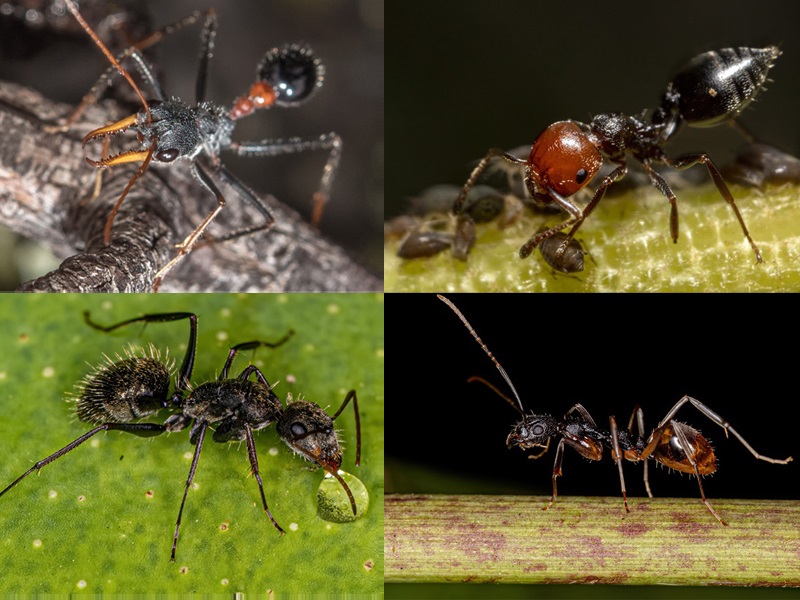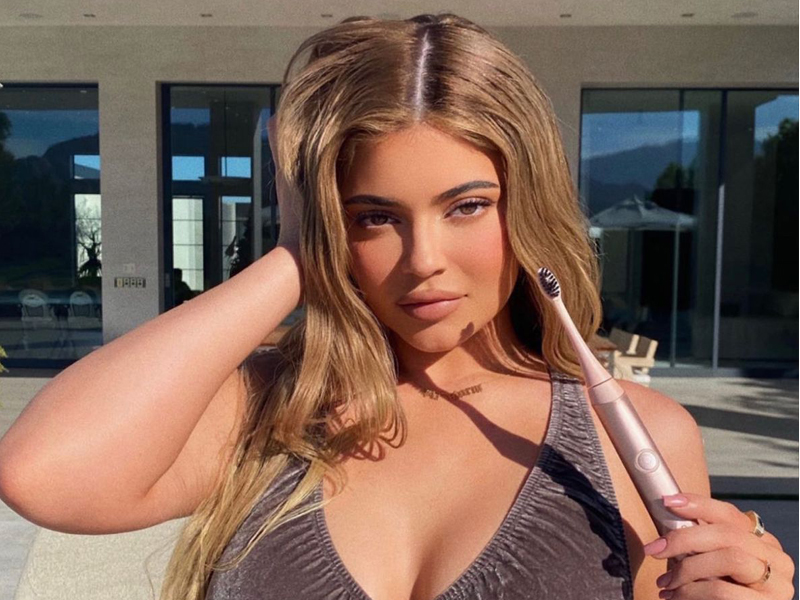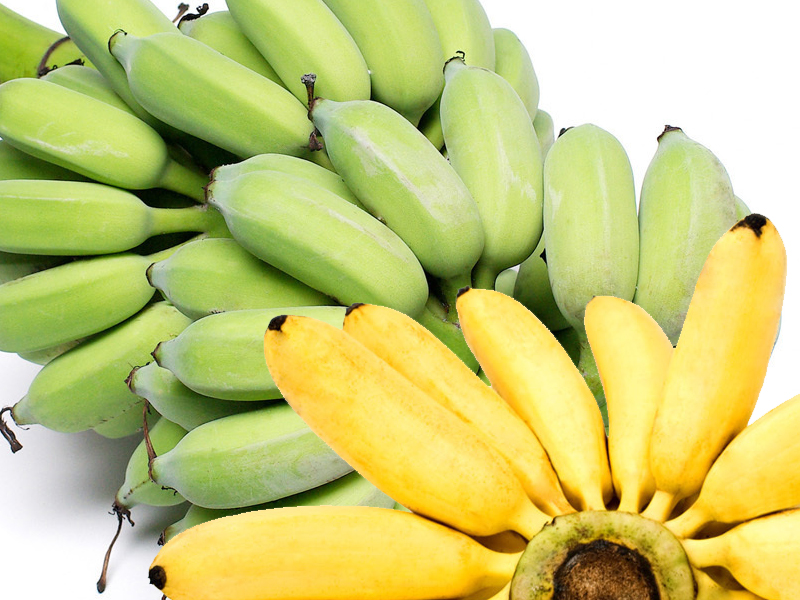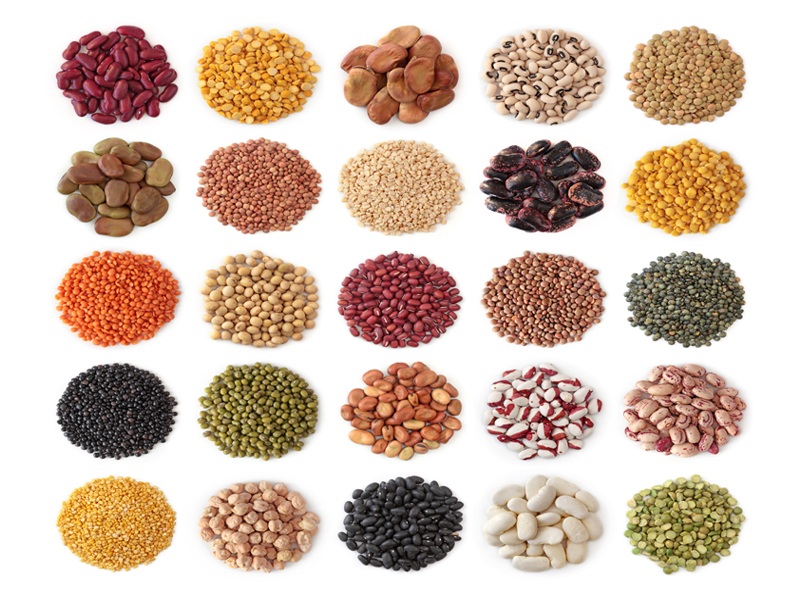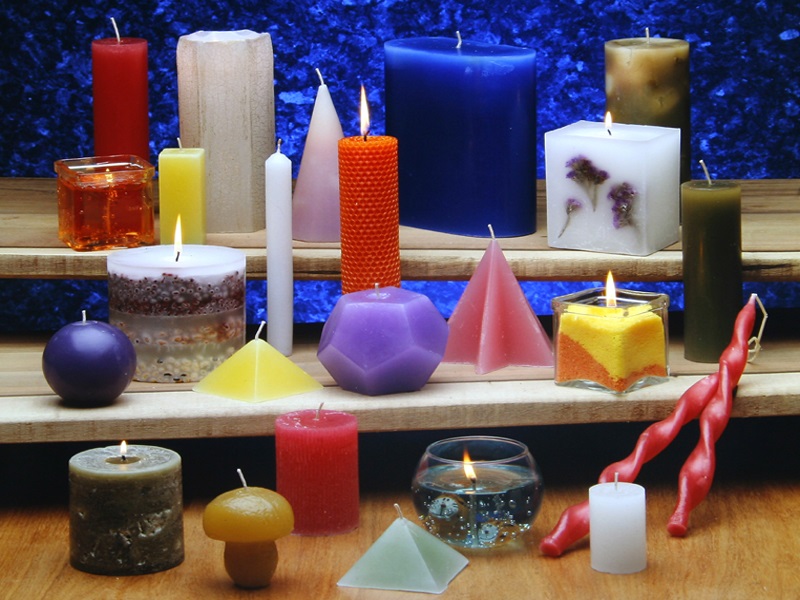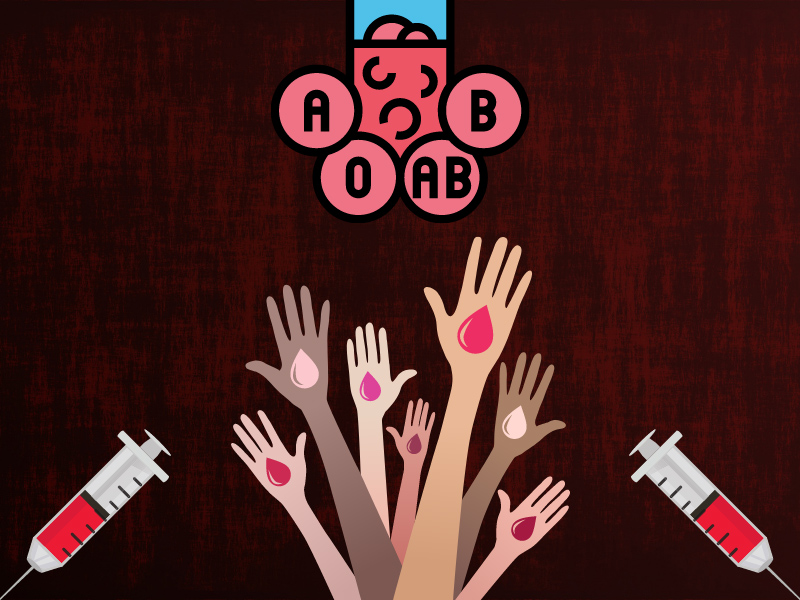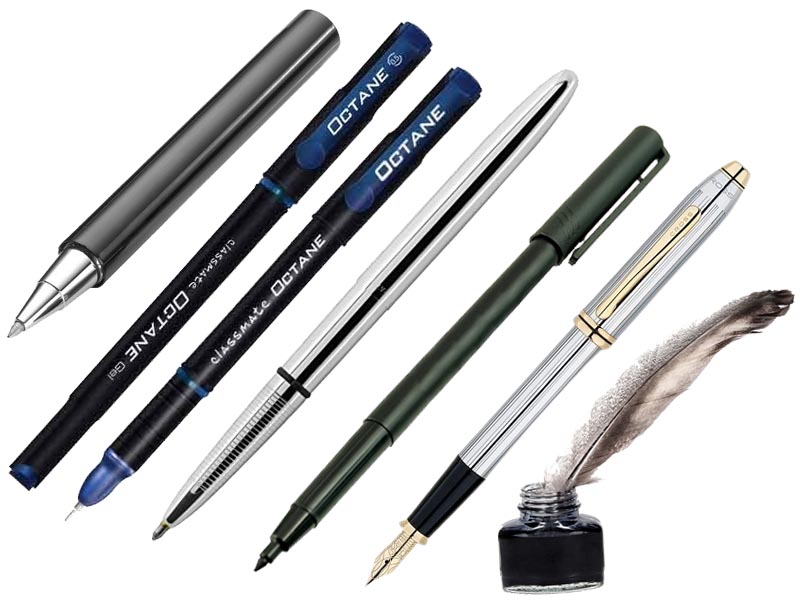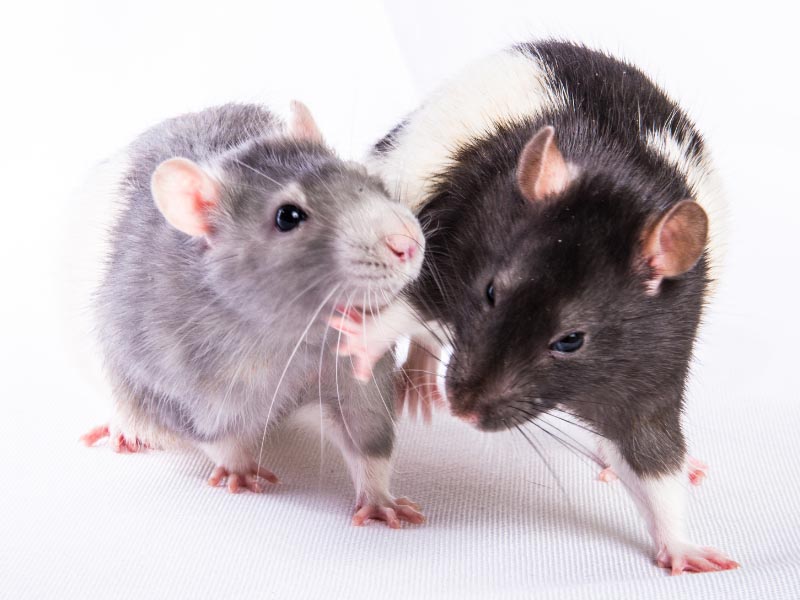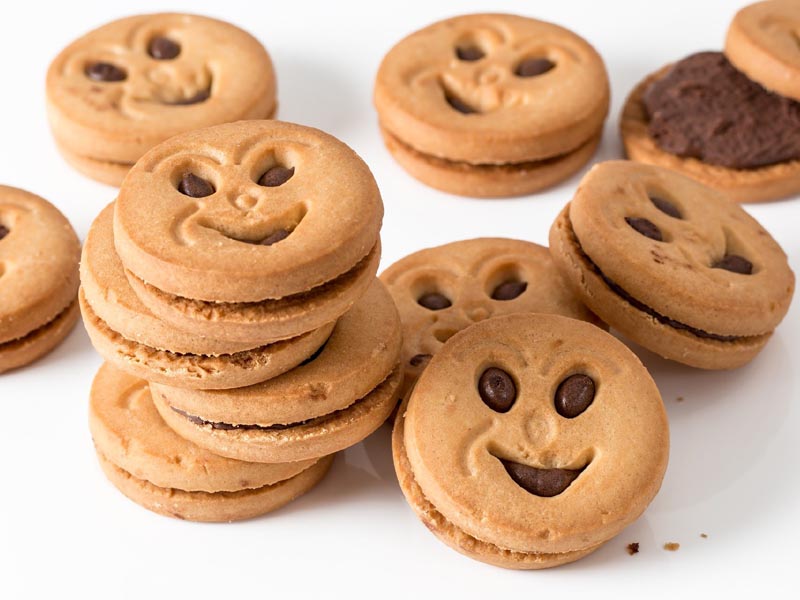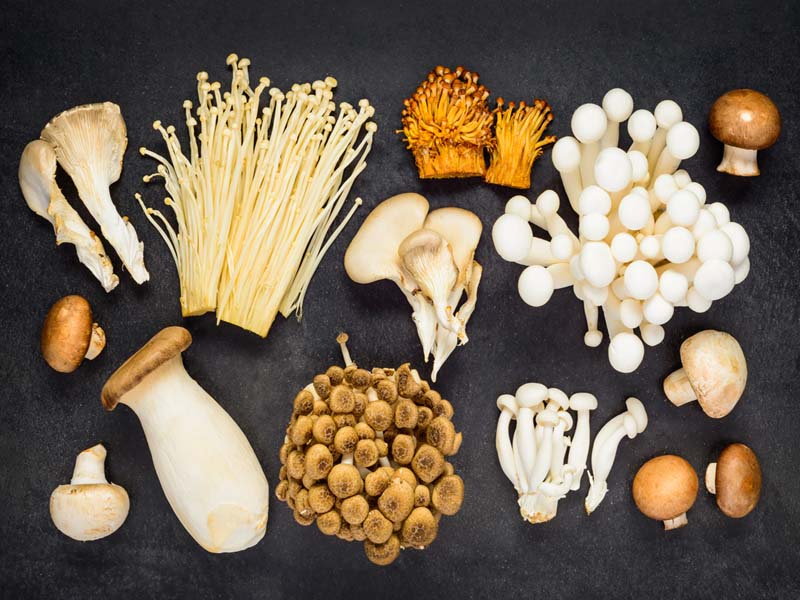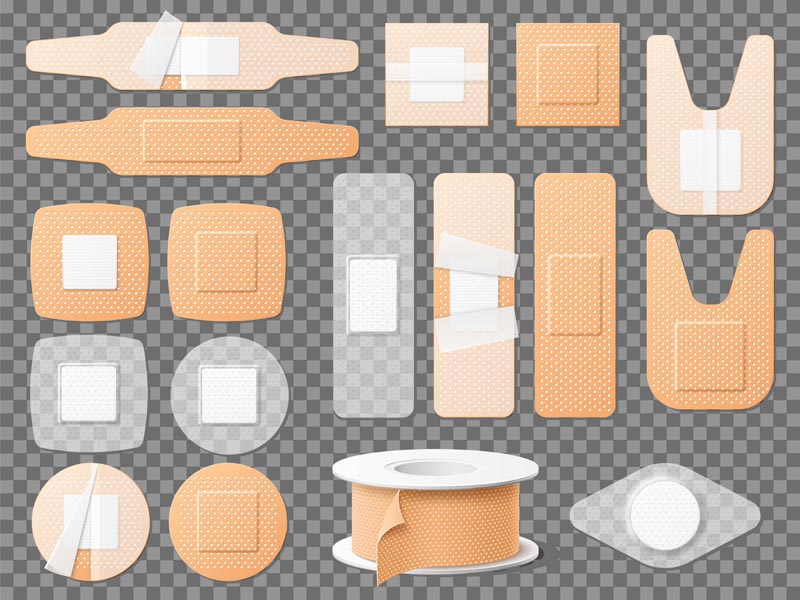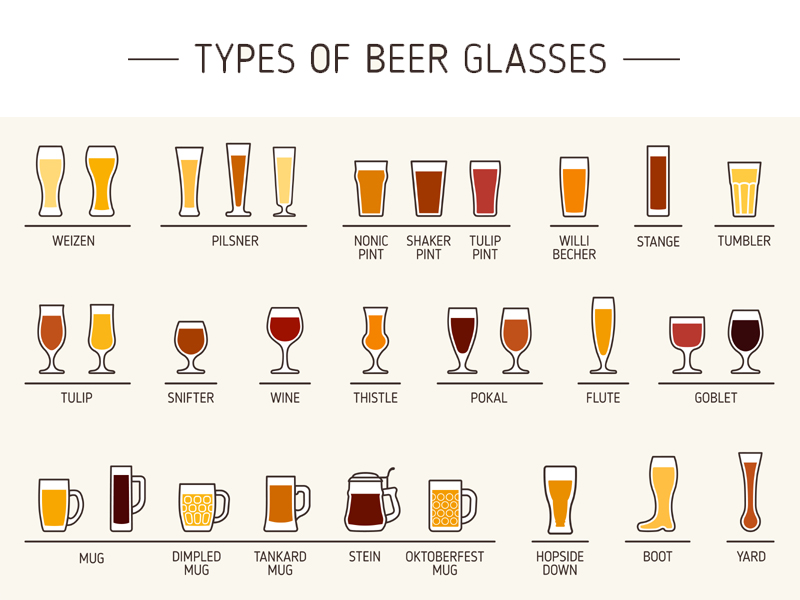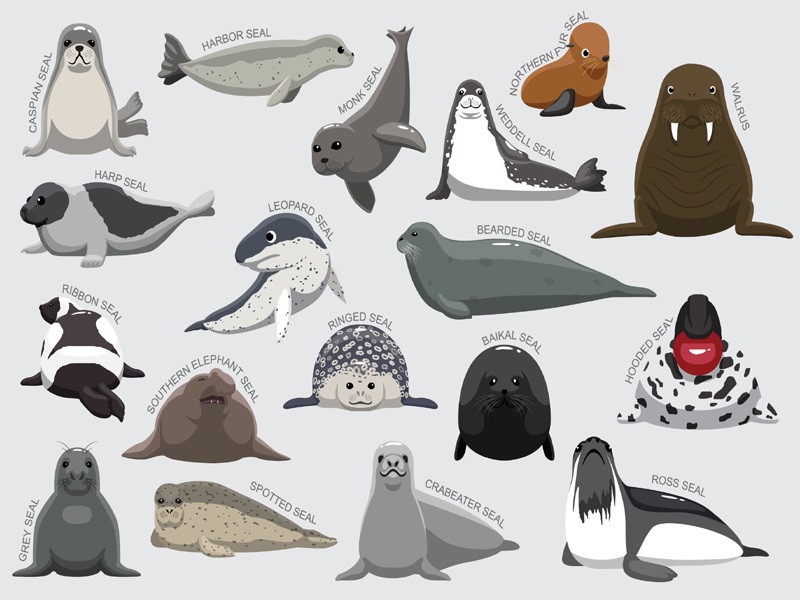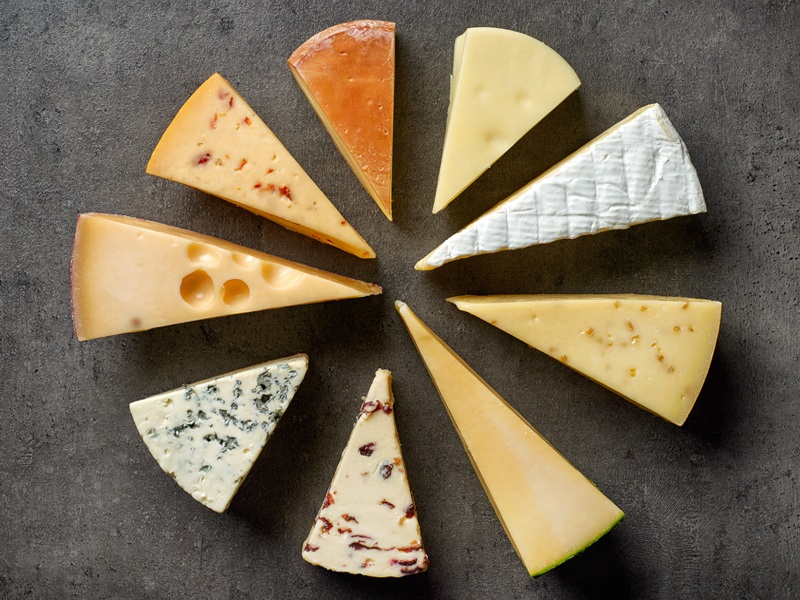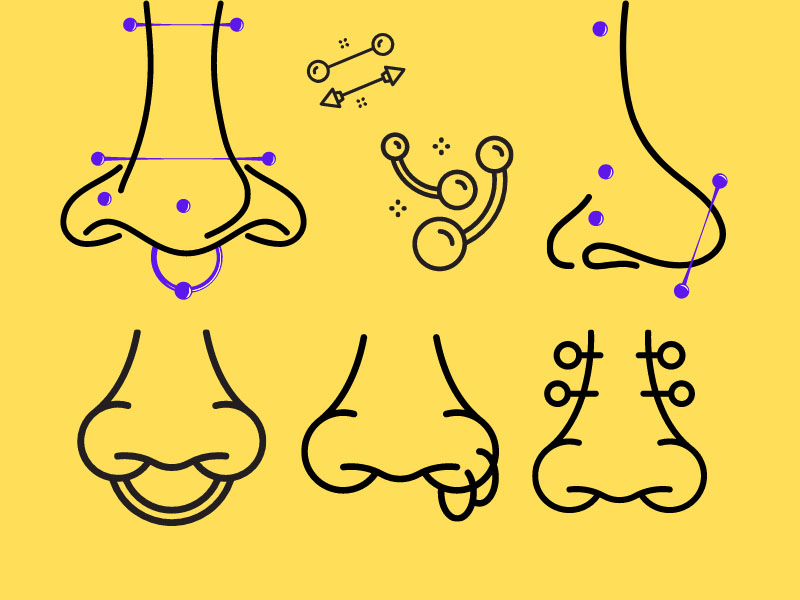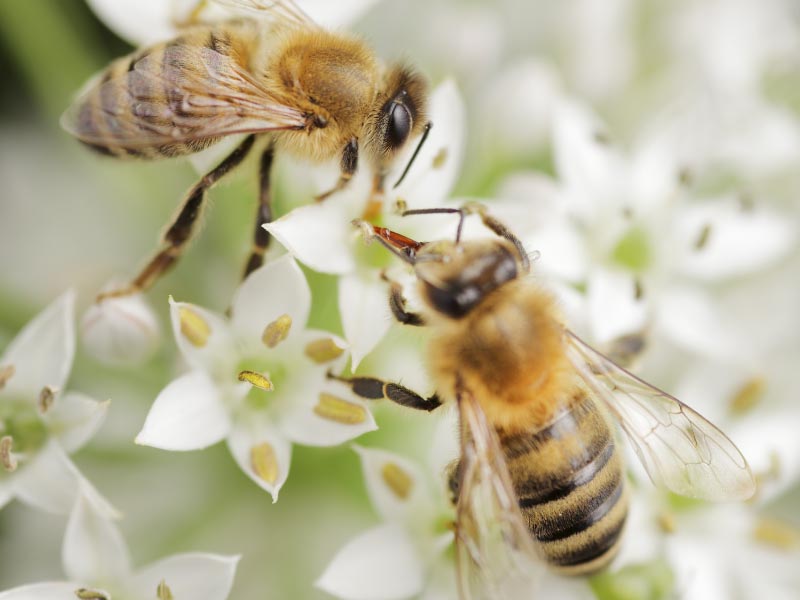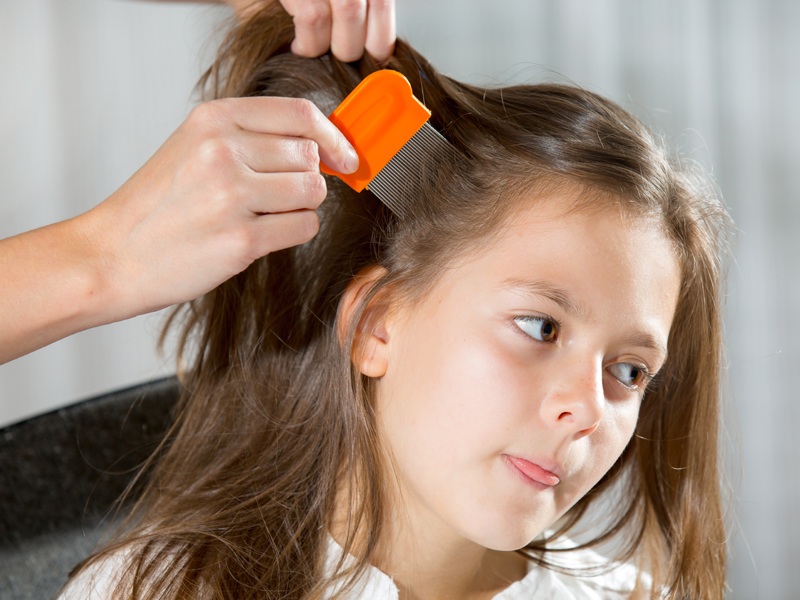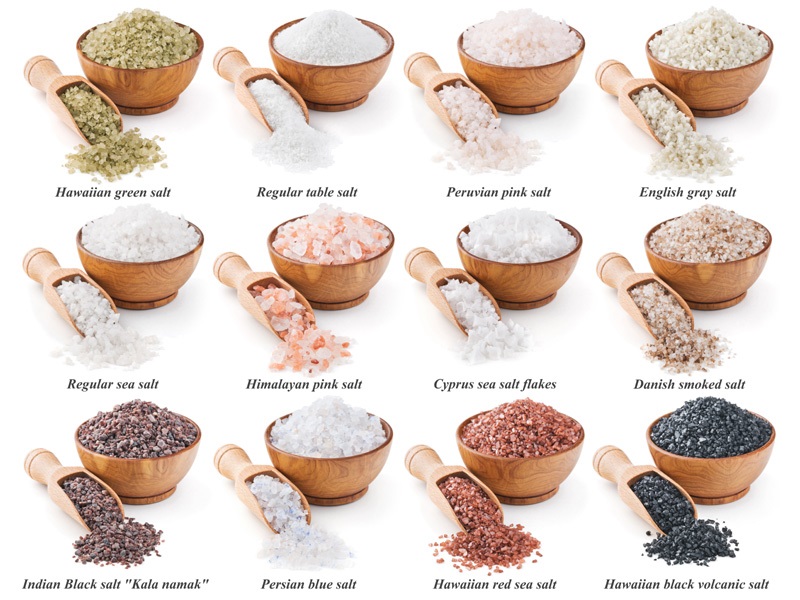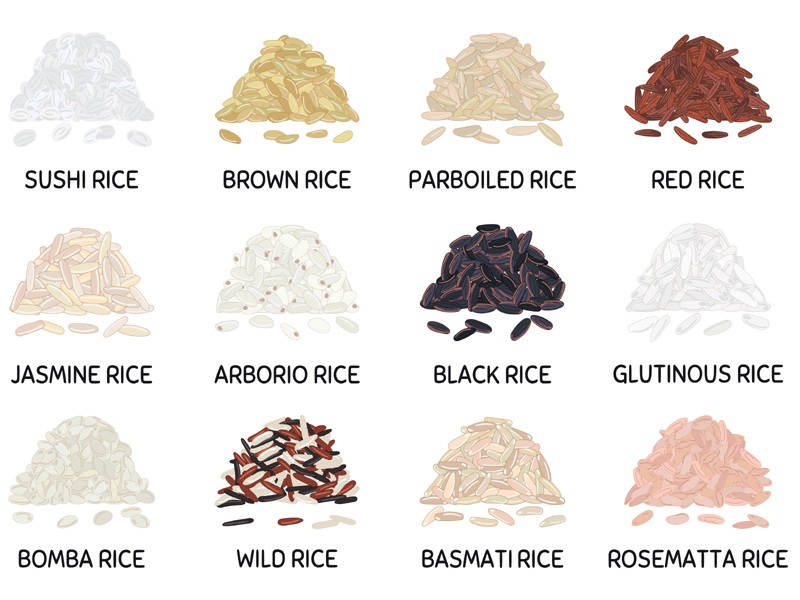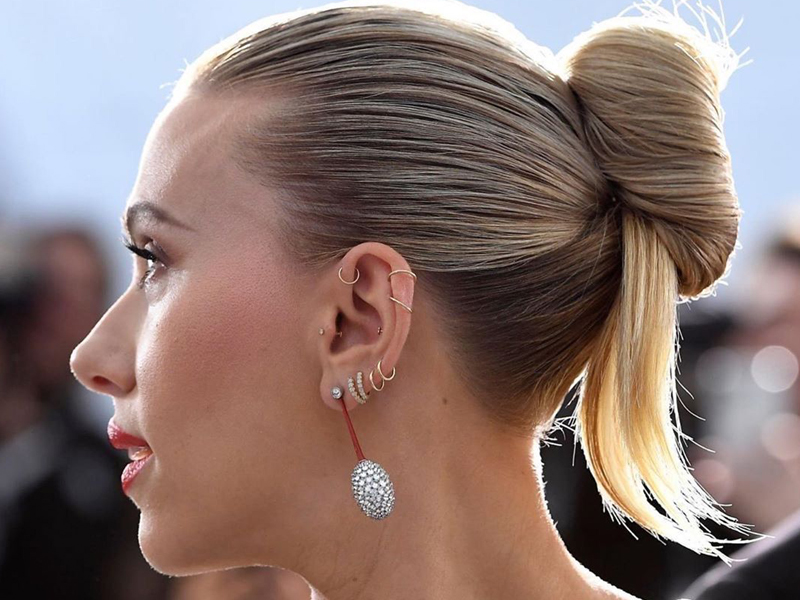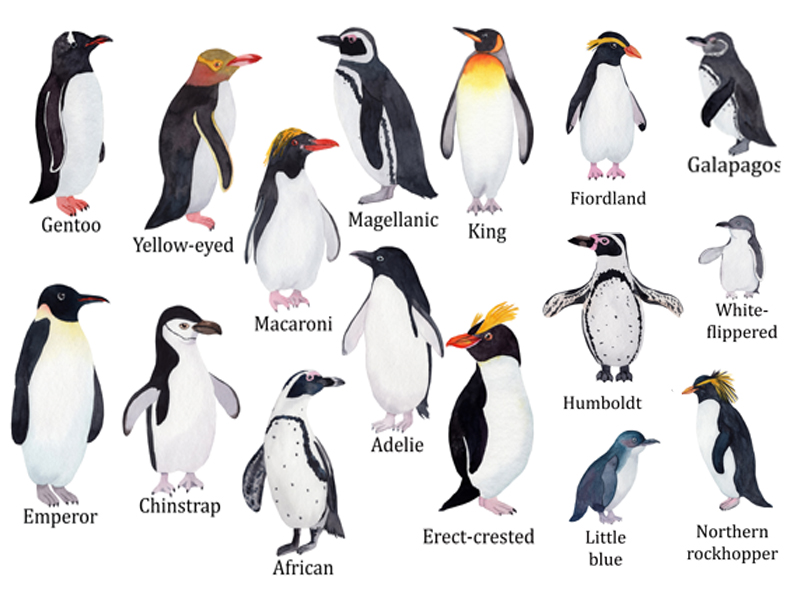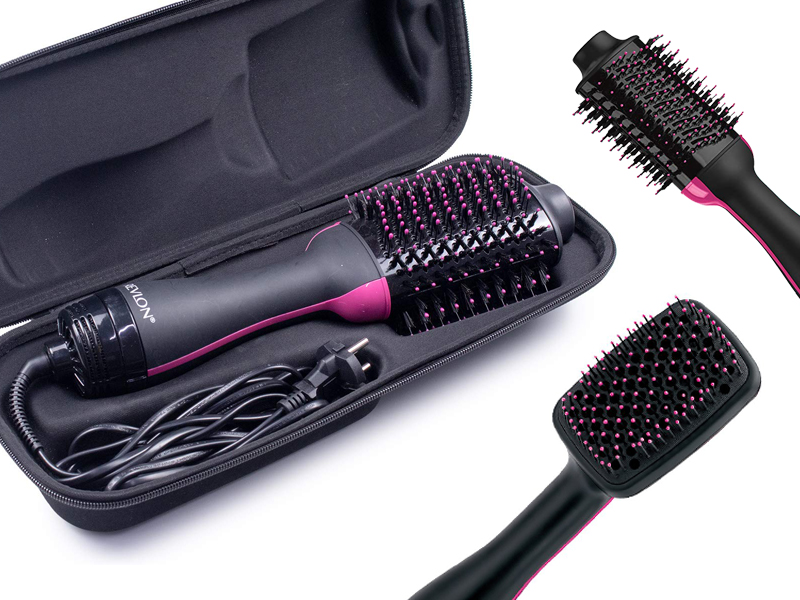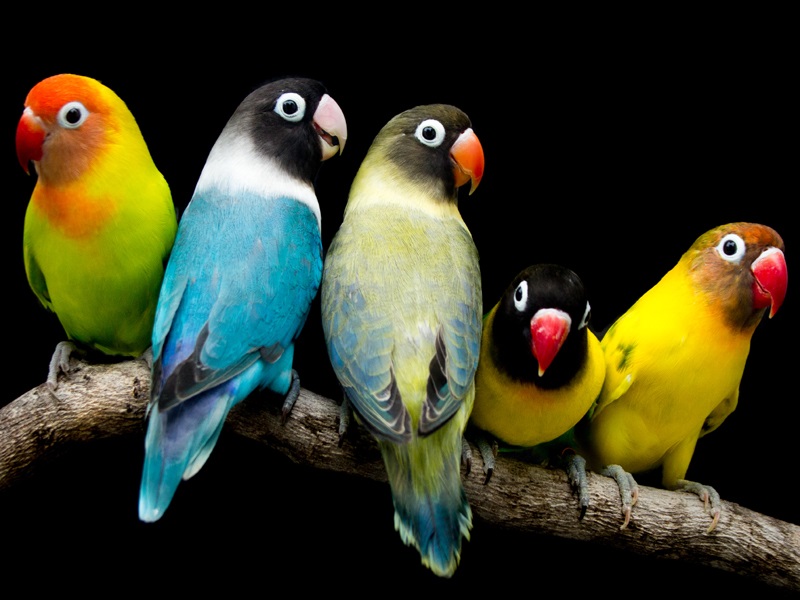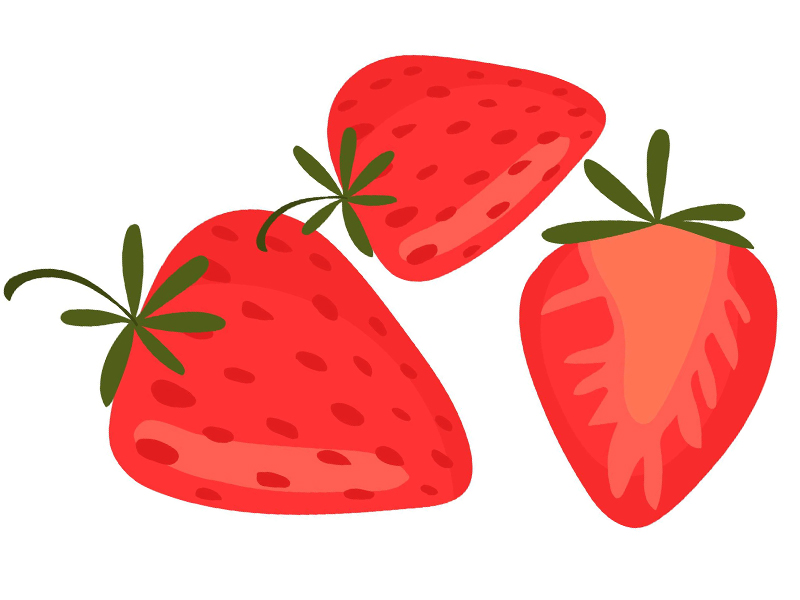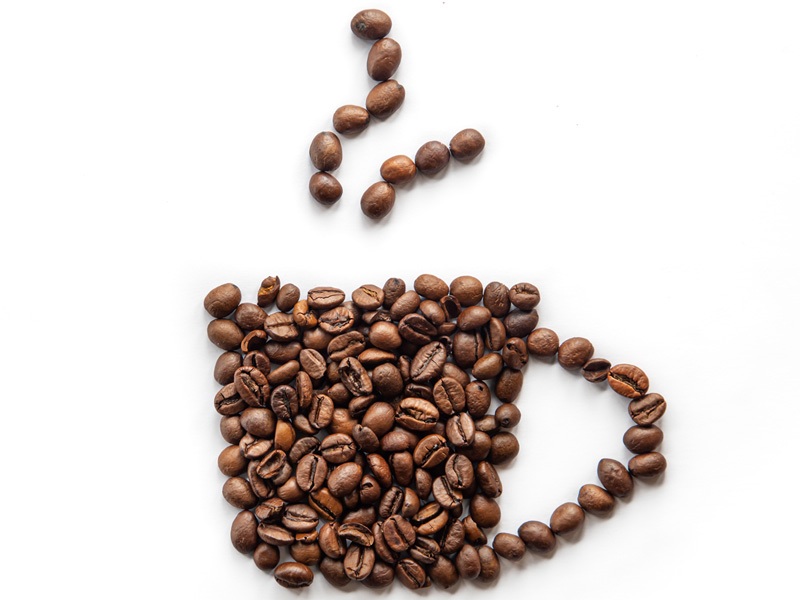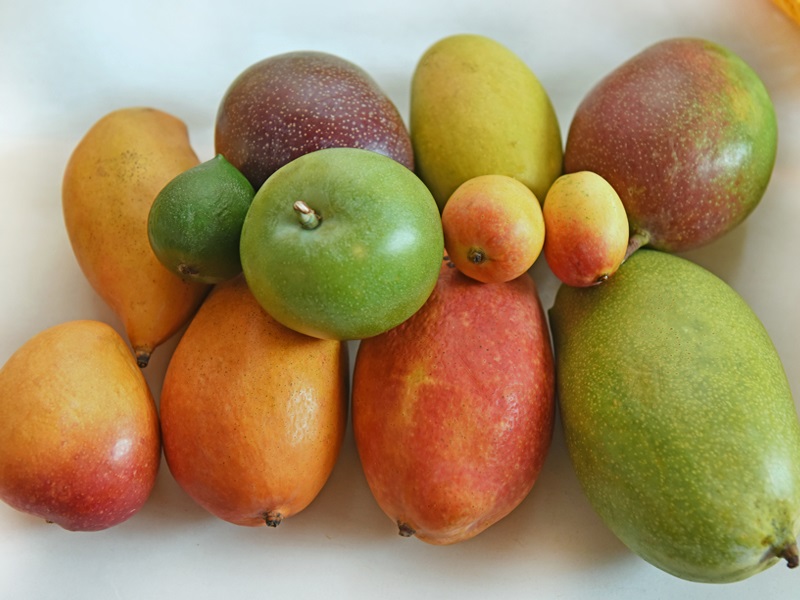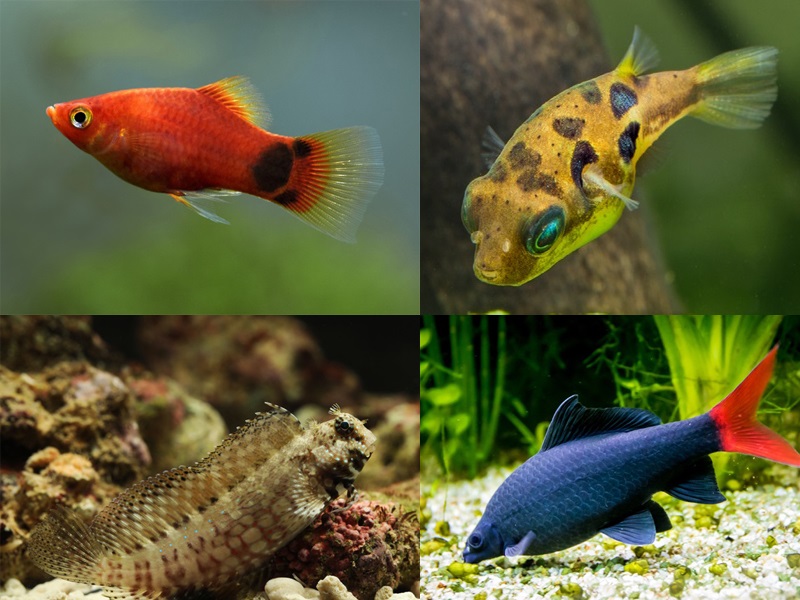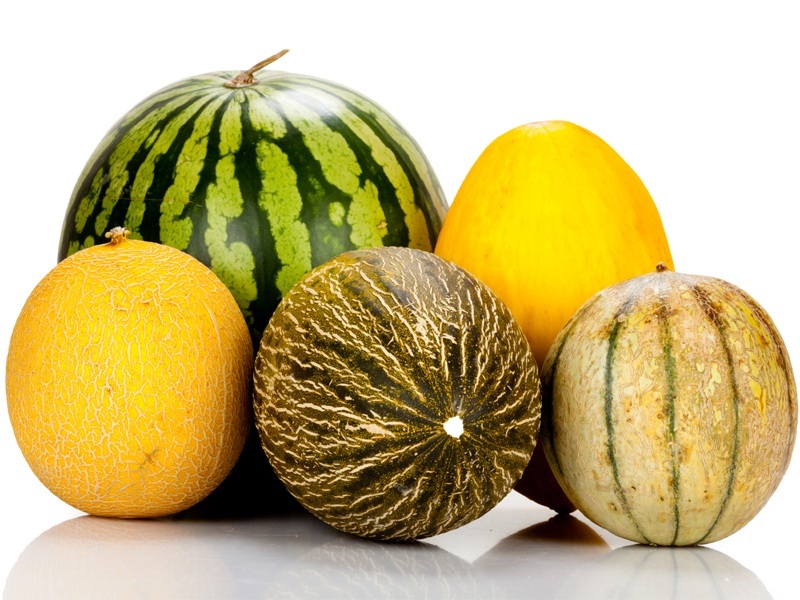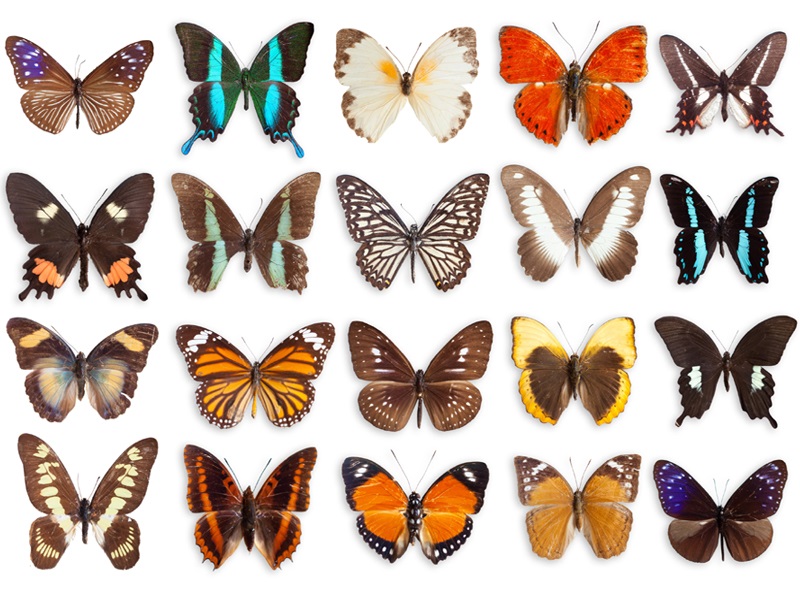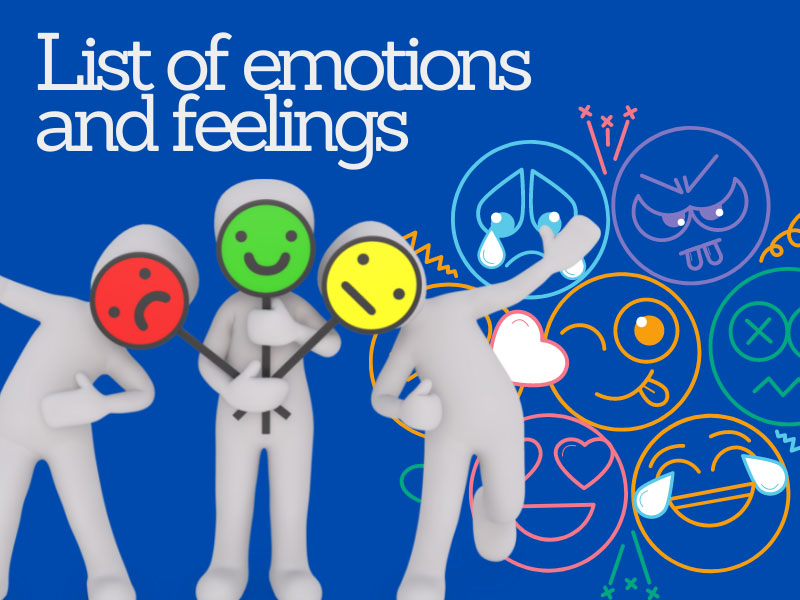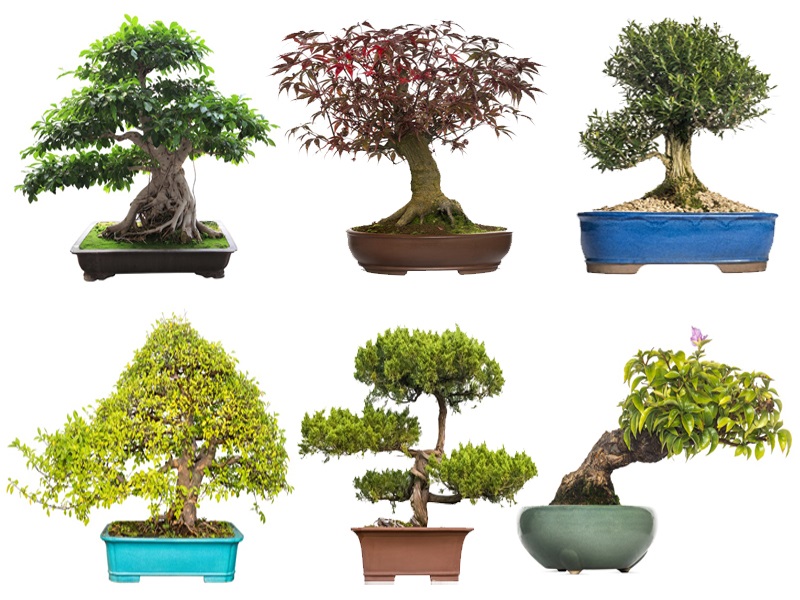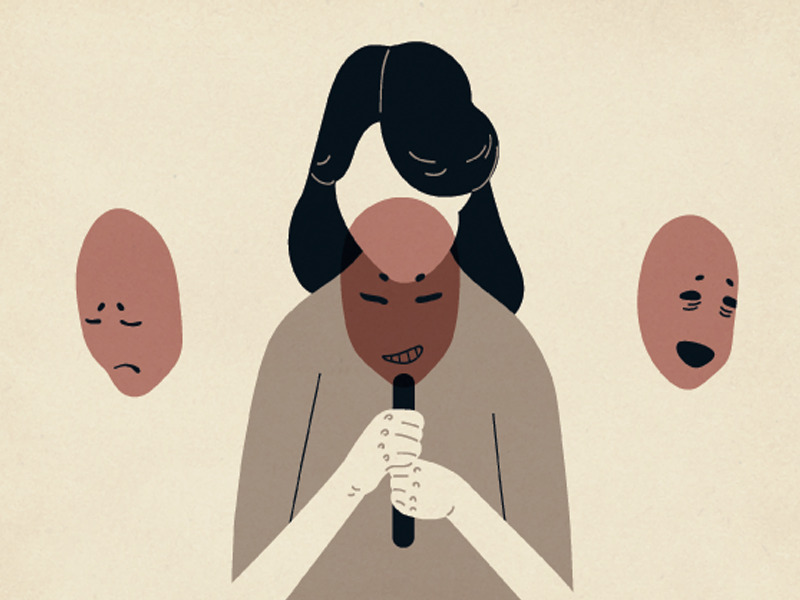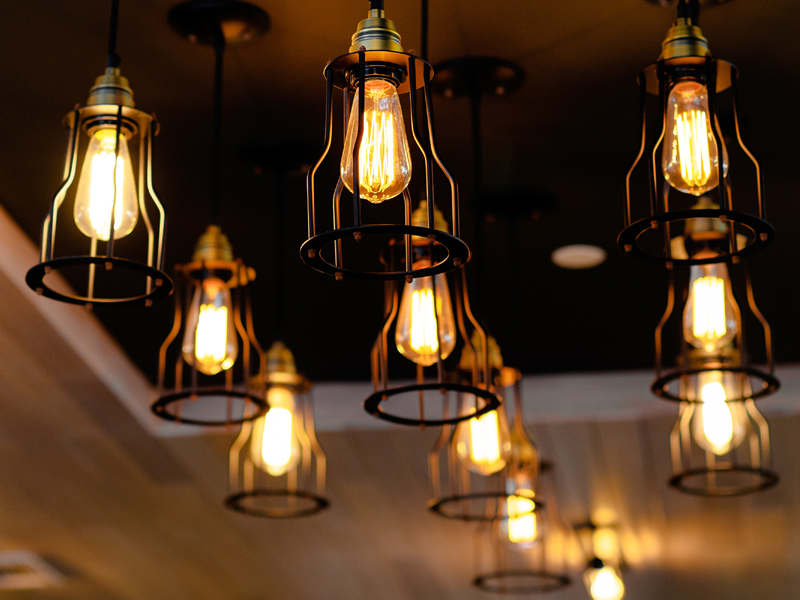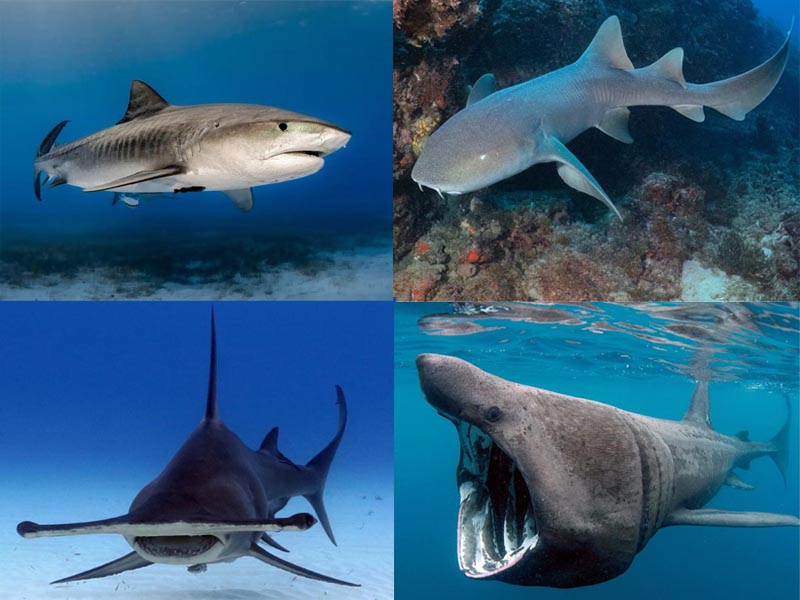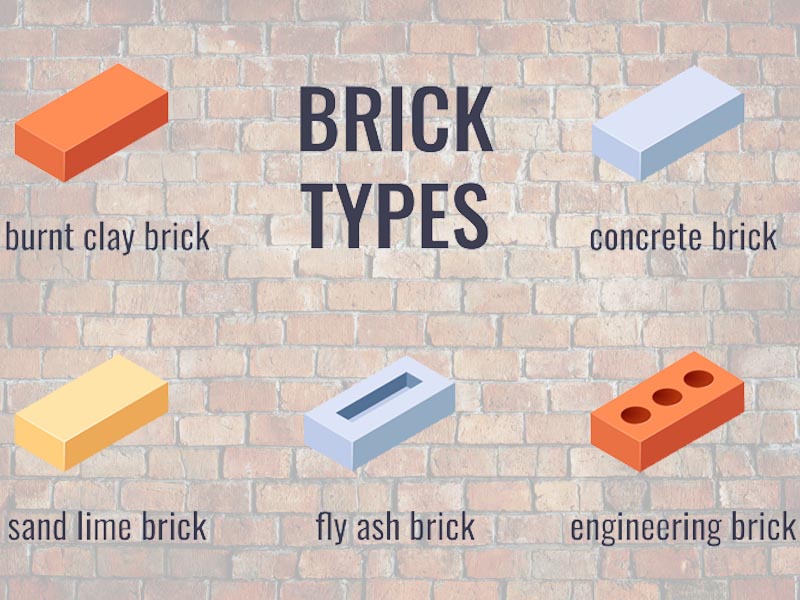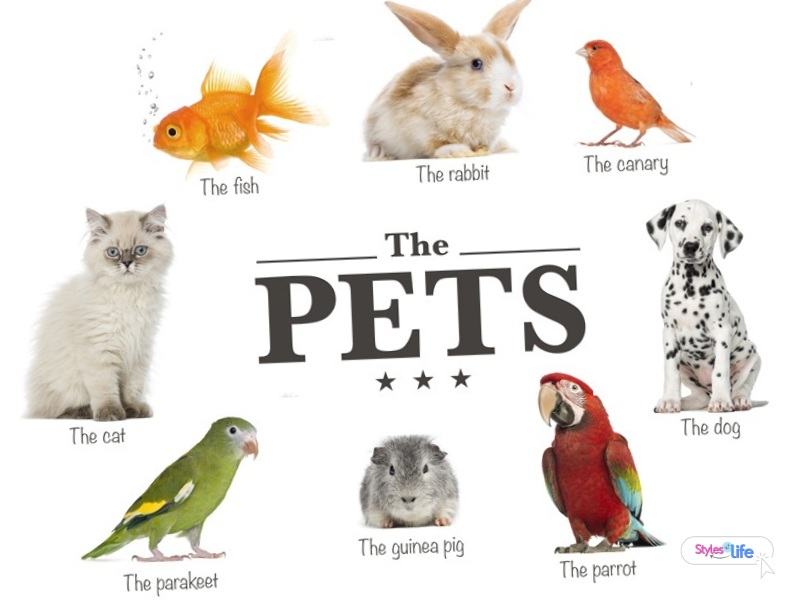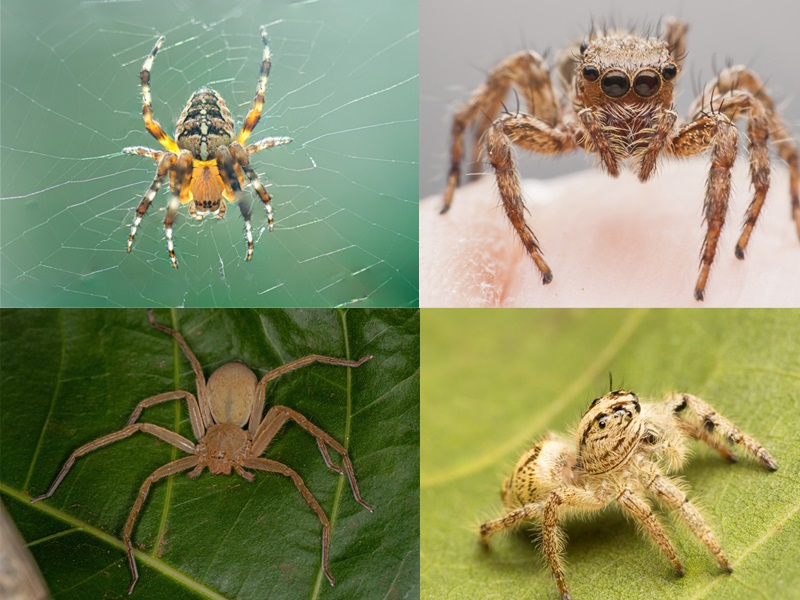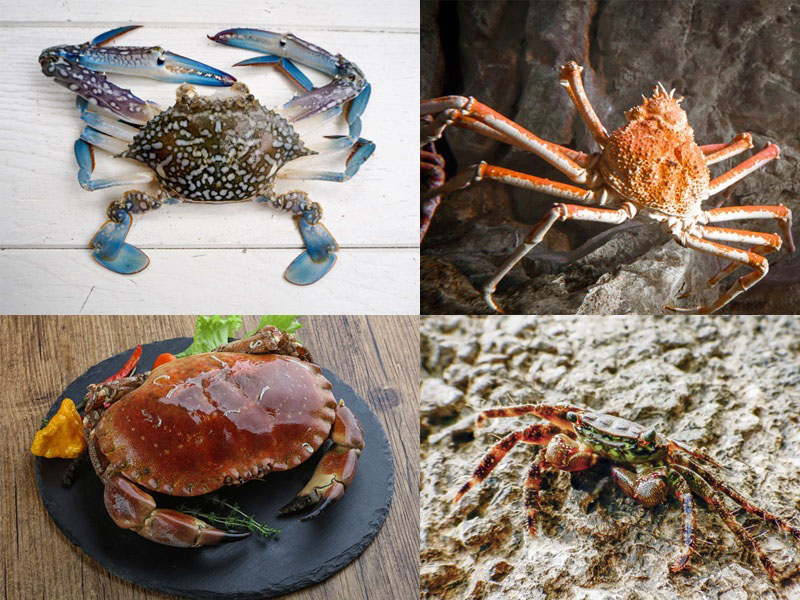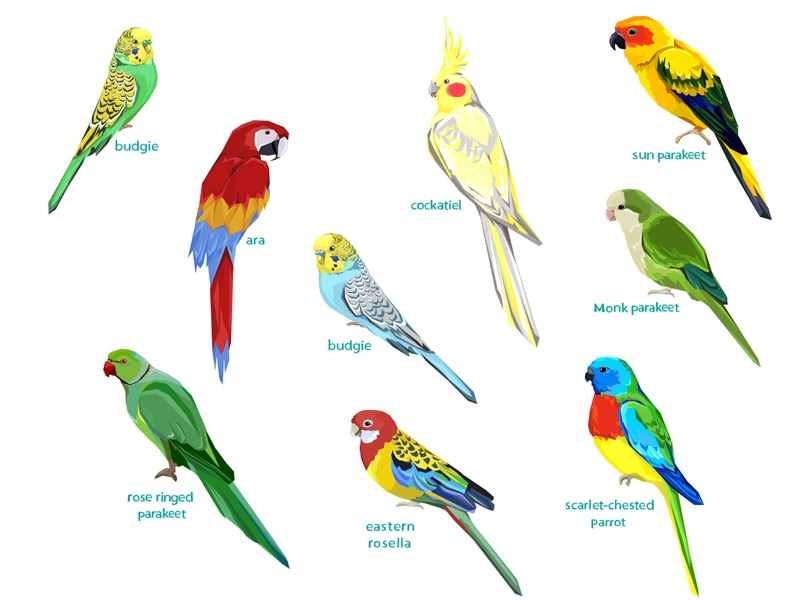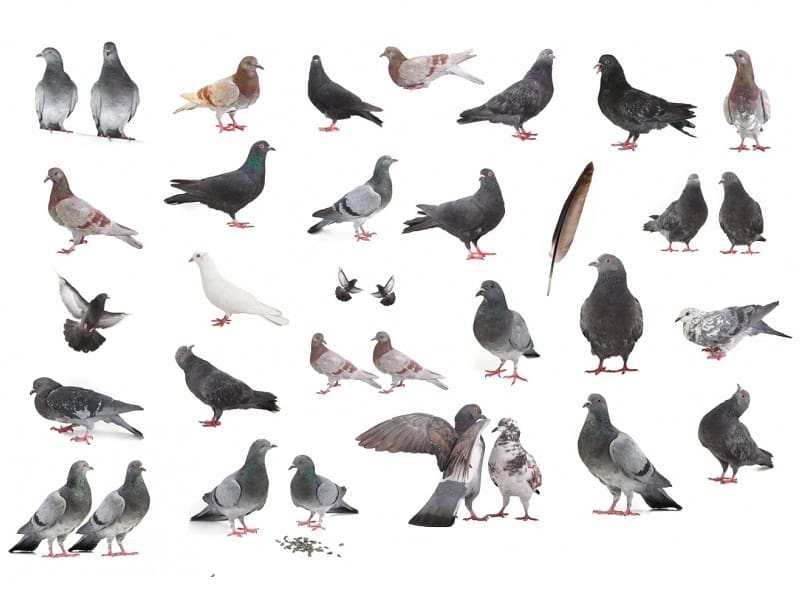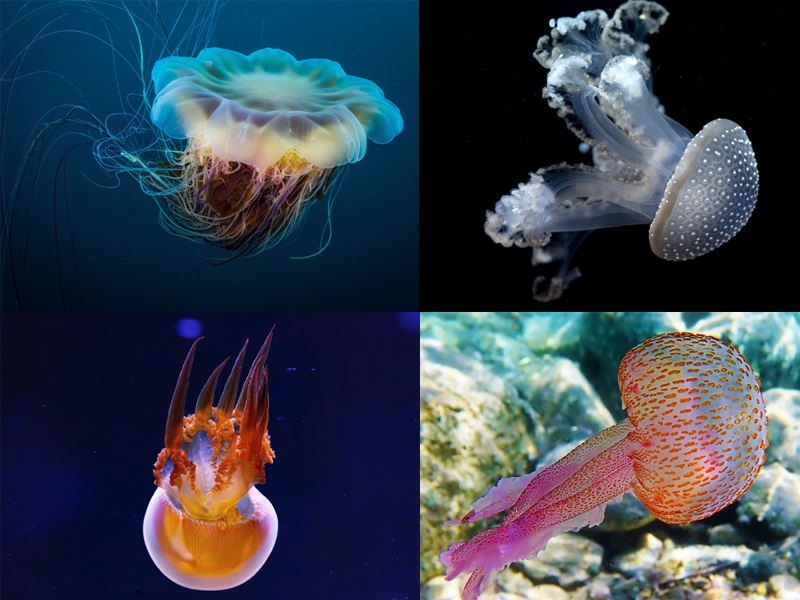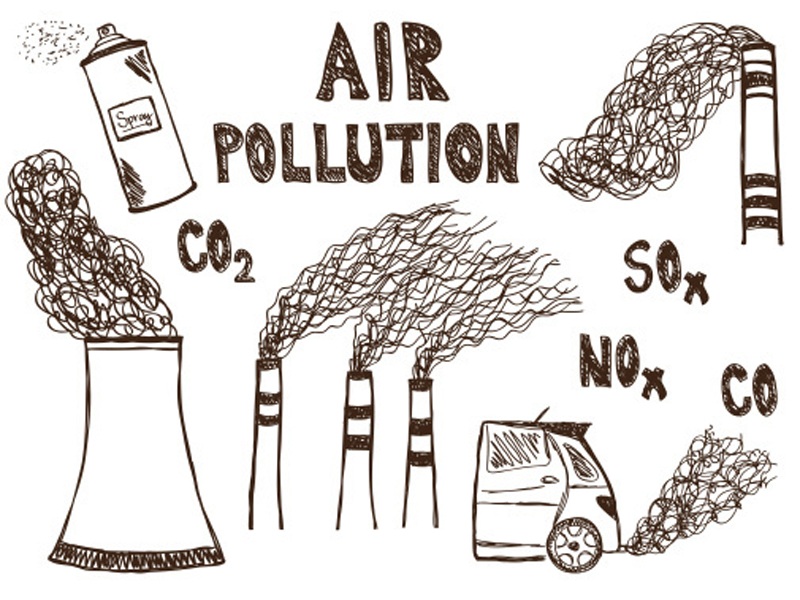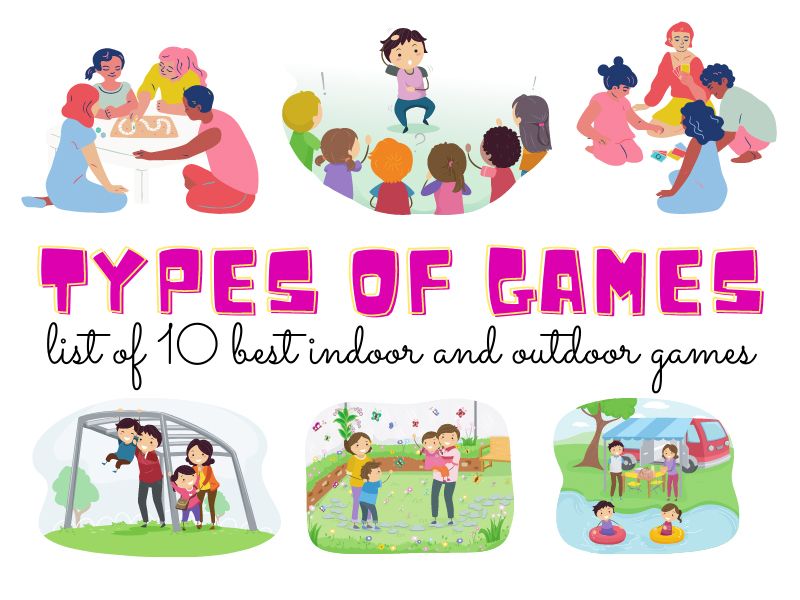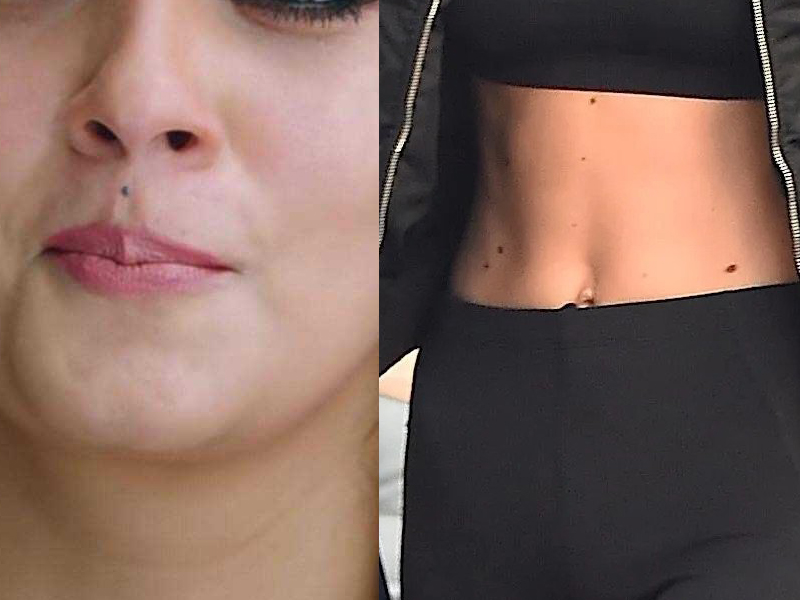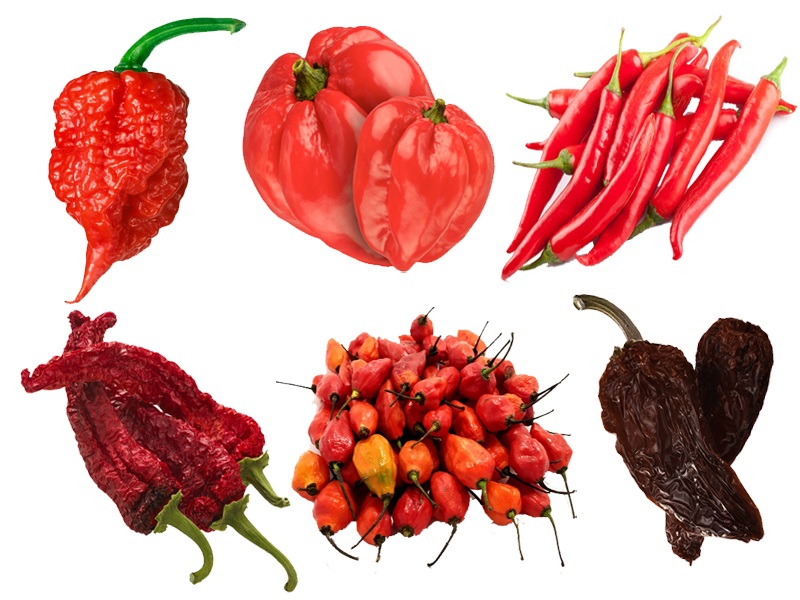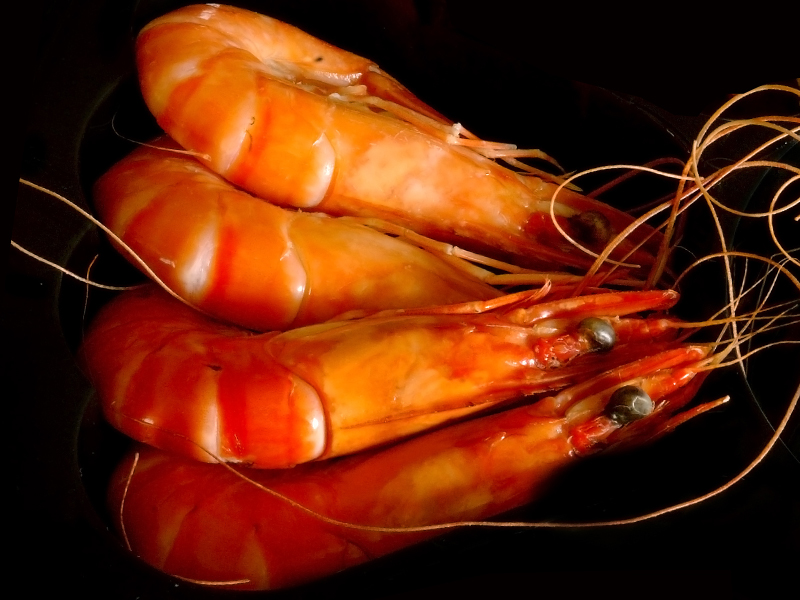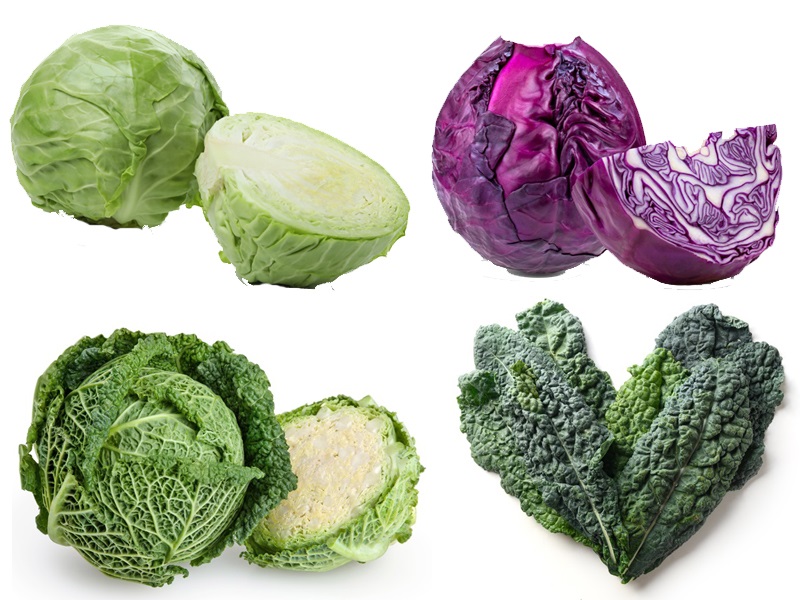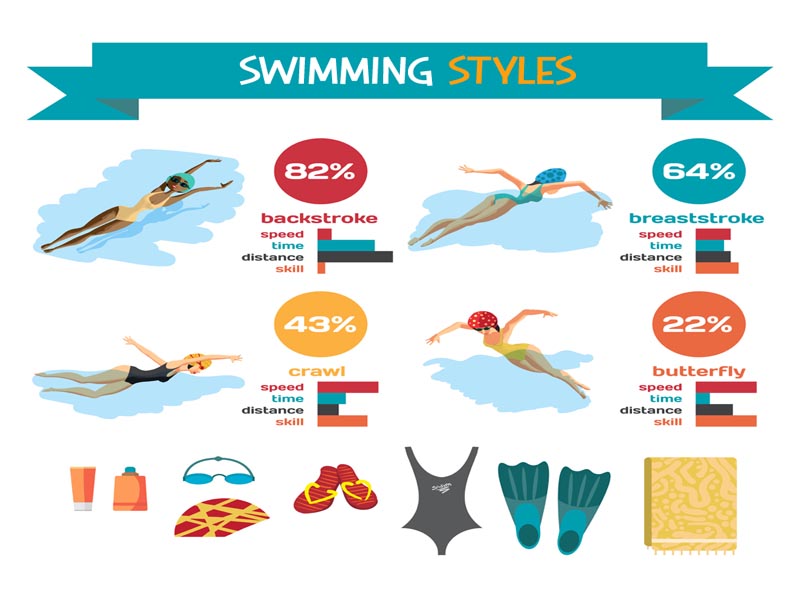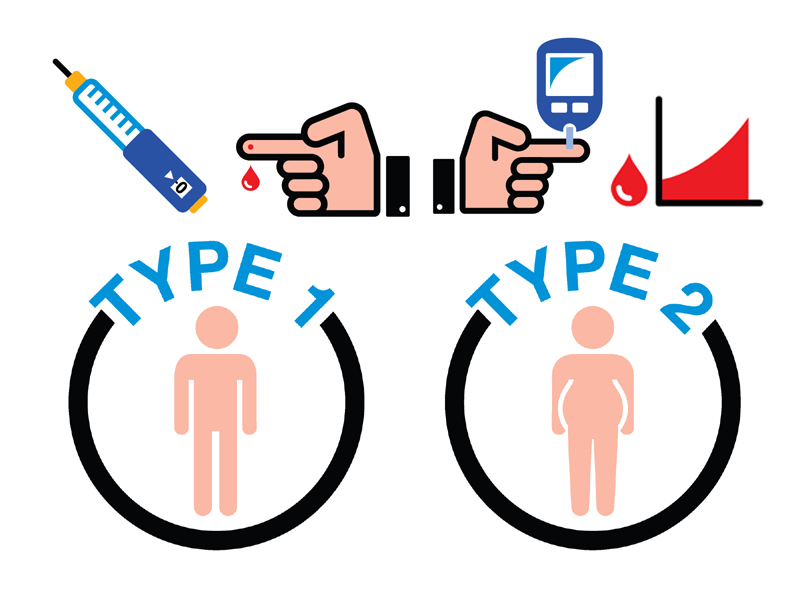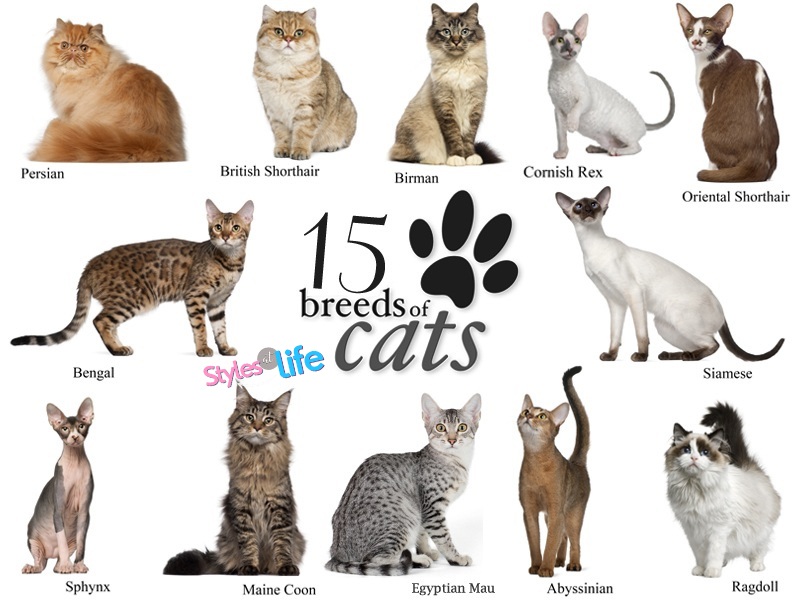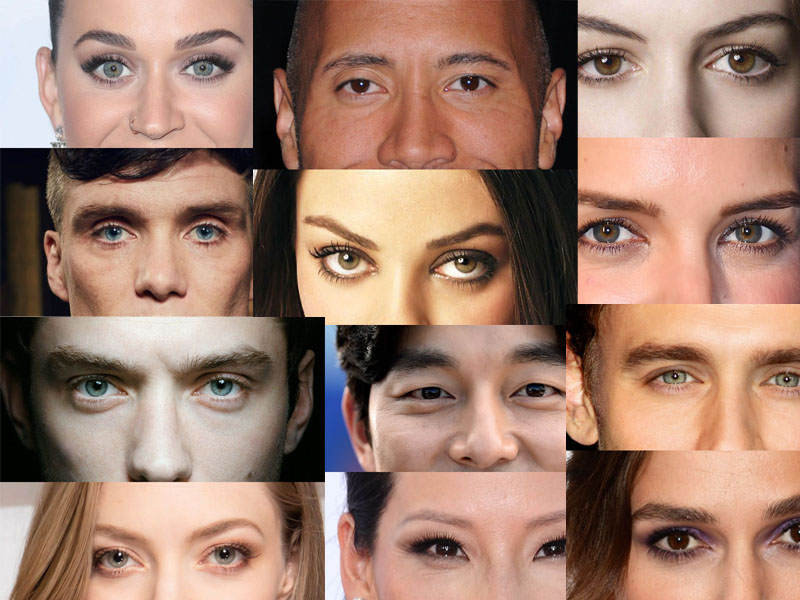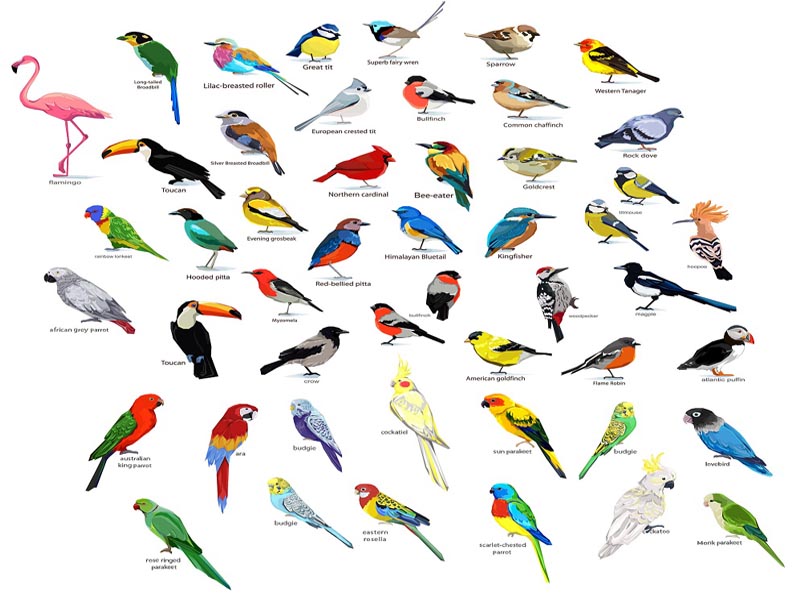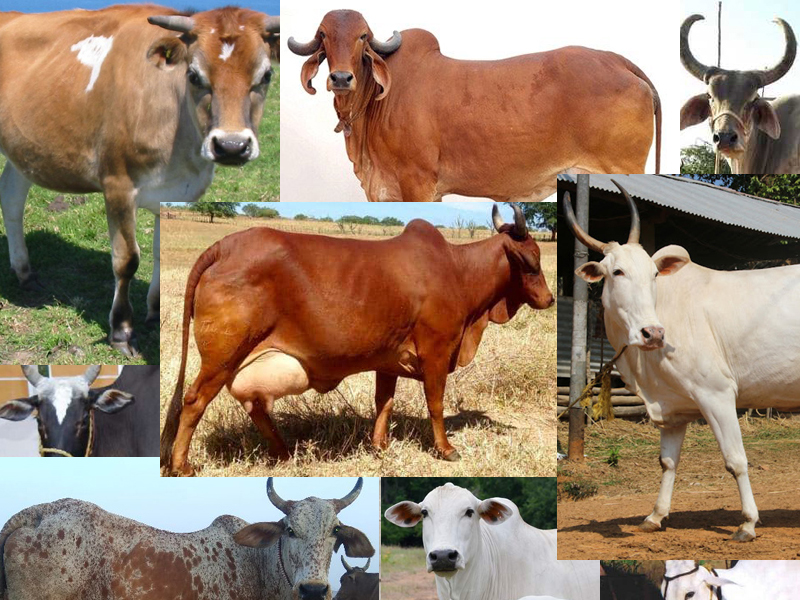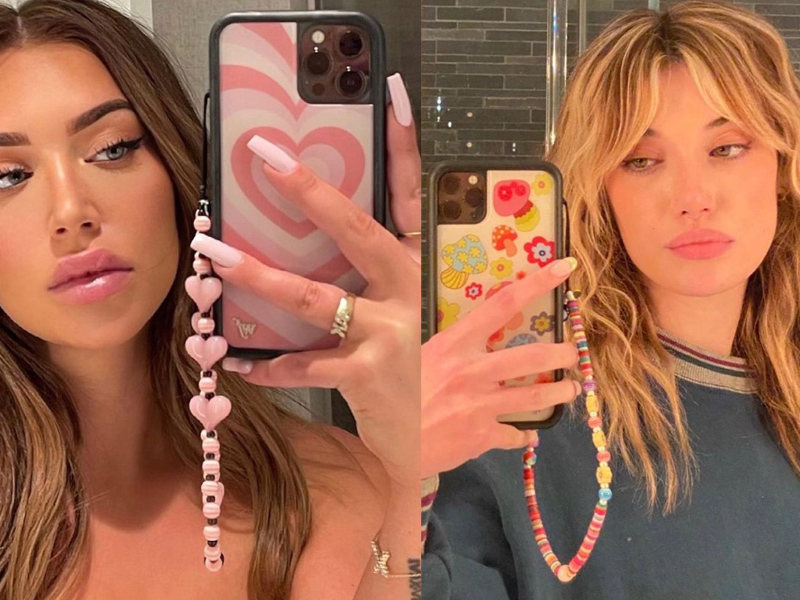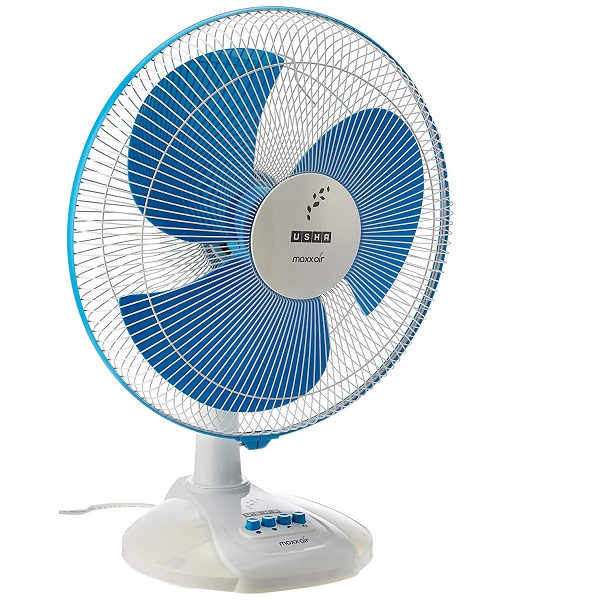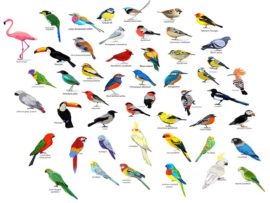The annoying buzzing and the sound we hear at night around us is unexplainable. But do you know there are different types of mosquitoes and species worldwide, and not everyone exhibits the same characteristics? Many researchers regard that there exist over 3000 mosquito species. However, certain most common types of mosquitoes can cause severe concerns to us.
Today, let us know and learn all about species of mosquitoes in the most common ones across the globe.
Mosquito Varieties and the Characteristics:
Do you know that mosquitoes are among the most dangerous creatures on earth that can kill at least 2-3 million people around every year? Yes, we are shocked too! The mosquitoes definitely are heavy and at risk to the world’s population for the deadly diseases they can produce. They belong to the group of insects called Diptera. Diptera means two wings, and as described, the two wings in a mosquito’s characteristics quite distinguish them from other flies and insects.
The mosquitoes have scales around the body and long mouthparts that help suck fluids from our bodies. While male mosquitoes live only for about a week, female mosquitoes can live about months too. Depending on the types of mosquitoes, they are active day and night and carry diseases from one human to another.
Majorly Known Kinds and Types of Mosquitoes in the World with Pictures:
Do you know or have you heard about these popular major types of Mosquitoes that lead to deadly transmitted diseases? According to World Health Organization (WHO), several mosquitoes can cause up to toxic and harmful vectors of human diseases that suck human blood. We are briefing all about them here just for you. Let us learn about the different all types of mosquitoes with names today.
1. Anopheles Mosquitoes:
Anopheles mosquito types are best known widely for transmitting the most common disease – malaria. Not just that, some regions also have witnessed them transmitting filariasis. They are known as marsh mosquitoes, and they have around 460 species within them. They are found mainly near the places where water clogs in, such as rain pools and ponds. These mosquitoes can become eggs for adults in two weeks, and their life span is around two weeks. However, female anopheles can live longer, even for months. These mosquitoes are most active at night times, after sunset, and until the sunrise period. While these are the biting hours, too, they mostly always feed on humans more than animals.
See More: Different Types of Monkeys with Pictures
2. Aedes Mosquitoes:
Aedes mosquitoes are vectors of Dengue that even are known to cause other viral diseases and transmit filariasis. There are over 900 species and types of Aedes mosquito all over the world. They feed on both humans and animals and are present in tropical areas and cooler regions and temperatures. Their biting hours are morning times till evening, and the life span ranges to around two to three weeks. For Aedes mosquitoes, eggs are laid on damp surfaces near or around water pools and turn to the mosquito stage within weeks.
3. Culex Mosquitoes:
Culex mosquitoes are vectors of viral diseases and including filariasis and Japanese encephalitis. There are over 550 species of Culex mosquitoes globally, and they are heavily present around tropical and sub-tropical regions. The eggs of culex mosquitoes are laid on water bodies. Over 100s of eggs are laid at once, and they hatch within 3-4 days. The polluted water bodies are mostly hosts for mosquitoes that, including blocked drains, drainage, canals, abandoned wells, and septic tanks. These are active both indoors as well as outdoors and bite both during night and morning hours.
4. Mansonia Mosquitoes:
Mansonia mosquitoes are the vectors and carriers of brugian filariasis. They are heavily spotted around tropical countries and regions, mainly around India, Malaysia, and Indonesia. They have a body of dark brown color with pale scales. These mosquitoes are mostly biting outdoors and outside at night times. Their eggs are latched near water bodies and dense plant areas, including grasses, vegetation, and gardens. They live up to four weeks span.
5. Psorophora:
The psorophora mosquitoes are known to feed on humans as well as vast and large mammals. They can travel longer distances than their other peer mosquitoes for sucking blood. These mosquitoes are often named aggressive mosquitoes however are not vectors of prevalent diseases. They breed and develop in waters, pools, and ditches. The psorophoras are active in the evening times mostly.
6. Toxoyhynchites:
The Toxoyhnchites do not pose any harm to human beings as they are not vectors to any transmitted or deadly diseases. They do not have such blood meal for their eggs and only depend on plant nectar feeding. Since they depend on plants for their feed, there is no harm to humans. They basically reside in large artificial containers or tree holes. They do not pose any harm or nuisance to day-to-day human lives at all.
7. Wyeomyia:
Wyeomyai is also not an aggressive mosquito species and does not pose any harm to humans. They are primarily associated with plants as well to develop larvae and do not harm adults. They are also known as pitcher plant mosquitoes and live up to three weeks, approximately a week longer than the other normal mosquitoes and their species.
8. Ochlerotatus:
The Ochlerotatus mosquitoes are also popularly found around floodwaters, pools, marshes, water tanks, and bodies. They are also found near artificial containers and are almost outdoors the entire day. They feed on humans, and some of the species in Ochlerotatus are known for transmission of Dengue, yellow fever, and other viral diseases. Their life span also ranges between 2-3 weeks approximately.
See More: Different Bee Varieties
9. Culiseta:
The Culiseta mosquitoes are known to transmit and carry the Eastern Equine Encephalitis. They primarily feed on birds and carry the virus from bird to birds. They are known to be aggressive and reside near swamps and trees. However, since they do not feed or suck humans’ blood, the mosquitoes do not transmit any of them to humans.
10. Uranotaenia:
The Uranotaenia mosquitoes primarily depend on reptiles and amphibians to feed and not bite or suck blood from humans. They are mostly found near pools, swamps, and grass; however, they do not fall under the medically dangerous category for animals or human beings. They are not aggressive and do not transmit any viral diseases as well.
Blood Type the Mosquitoes Like:
Most of us often hear that others get bitten by mosquitoes only because they are from a particular blood group. How true is this? Is it scientifically proved that mosquitoes prefer a specific type of blood and that they have a favorite?
Well, you would be thrilled and shocked, too; several studies have established that mosquitoes often land and suck the blood from those who have an O blood group than others. This result was found after researchers and scientists analyzed the results of different blood group samples and how mosquitoes preferred to go on one feed only. This result is precisely accurate compared to the A blood group – as they land up on O groups people than A.
Factors that Attract Mosquitoes to Bite Humans:
Do you know there are specific reasons and factors as well that can attract mosquitoes to bite humans? Yes, certain aspects can attract mosquitoes, and here they are.
Carbon dioxide:
Cardon-di-oxides released by humans after exhaling can quite attract the mosquitoes too. They can follow the gas and suck the blood of humans close by. Mosquitoes always move towards the gas, and this is an essential factor too.
Heat:
Heat is an essential element, especially for female mosquitoes. They tend to move towards tropical regions or places with more humidity and heat sources than others.
Pregnancy:
Do you know that mosquitoes are more attracted to pregnant women than others? Yes, you heard it right. The hormonal body changes and particular factors can entirely lead them toward pregnant women.
Alcohol:
Alcohol and drinking can also cause mosquitoes to attract towards you. If you have been drinking or consuming alcohol more frequently than others, they tend to move towards you.
Mosquito Repellants as a Solution: Safety and Usage
In case you are looking for the right type of mosquito repellant for use to get rid of mosquitoes, prefer those with active ingredients such as lemon eucalyptus oil, picaridin, and deet. The repellants that have DEET in the highest quantity are the best for usage.
You can also use products that have natural ingredients, such as neem oil and thyme essential oil.
However, it is crucial to follow specific safety tips and precautions while using them regularly:
- Make sure always to follow the application methods and do not overuse them.
- Do not inhale the mosquito repellant or keep it near your mouth. Always keep the repellants away from the eyes and mouth.
- Do not let children come near the mosquito repellants.
- Never apply repellants directly to the skin with rashes or burns or cuts, and injuries.
See More: World’s Most Dangerous Animals
Preventing and Treating Mosquito Bites:
It is always better to prevent mosquitoes than to experience a nuisance with them being around. The diseases and viral concerns caused by mosquitoes are dangerous too. To prevent the mosquitoes:
- Never let standing water in and around you. Try to limit the standing water and clean any drainage or pools.
- I prefer to install mosquito nets around your windows and doors. The nets act as a shield for them to enter your homes.
- Do not step out near grass, trees, dense plants, and standing water bodies (outdoors) after dusk and sunset.
In case you get too much bitten by mosquitoes, use a cold compress or ice pack in order to relieve from heavy itching or swelling. You can also use an application of baking soda with water to the bite.
We hope you have learned all about the types of mosquitoes that are even dangerous for viral diseases today. It is best to take all the necessary precautions to avoid mosquito bites instead of treating them or suffering from casualties in the aftermath. Let us know your thoughts, too; we love to hear back and interact with you.
Frequently Asked Questions and Answers:
1. Does foods attract or repel mosquitoes?
Foods such as avocado or salads can often attract mosquitoes towards them. However, those such as garlic and onions are observed to repel them.
2. Do mosquitoes get attracted to perfumes?
Often, many complain that fragrances and pleasing odors such as perfumes attract mosquitoes. Floral scents and related fragrances are the most attractive to these creatures.
3. Can coconut oil help to soothe the mosquito’s bite?
Ancient knowledge often taught us that coconut oil soothes the mosquitoes’ bite and stops them from itching. This is a good home remedy to try out.
4. Are mosquitoes attracted to a particular color?
Many advise avoiding wearing black and other darker color shade outfits and clothes at night times, especially post-sunset and dusk. These can encourage them to come towards you.
5. Which herbs around the home garden can help keep mosquitoes away?
Mint and lemongrass often are said to have repelled mosquitoes in the surroundings.
Disclaimer:
All the information on different types of mosquitoes is only given from the sources found on the internet and educational and medicinal websites after due research. This information provided here is to be used only for knowledge purposes solely. We are not responsible for any error.


